Hold That Thought
Channel Details
Hold That Thought
Hold That Thought brings you research and ideas from Arts & Sciences at Washington University in St. Louis. Throughout the year we select a few topics to explore and then bring together thoughtful commentary on those topics from a variety of experts and sources. Be sure to subscribe!
Recent Episodes
228 episodes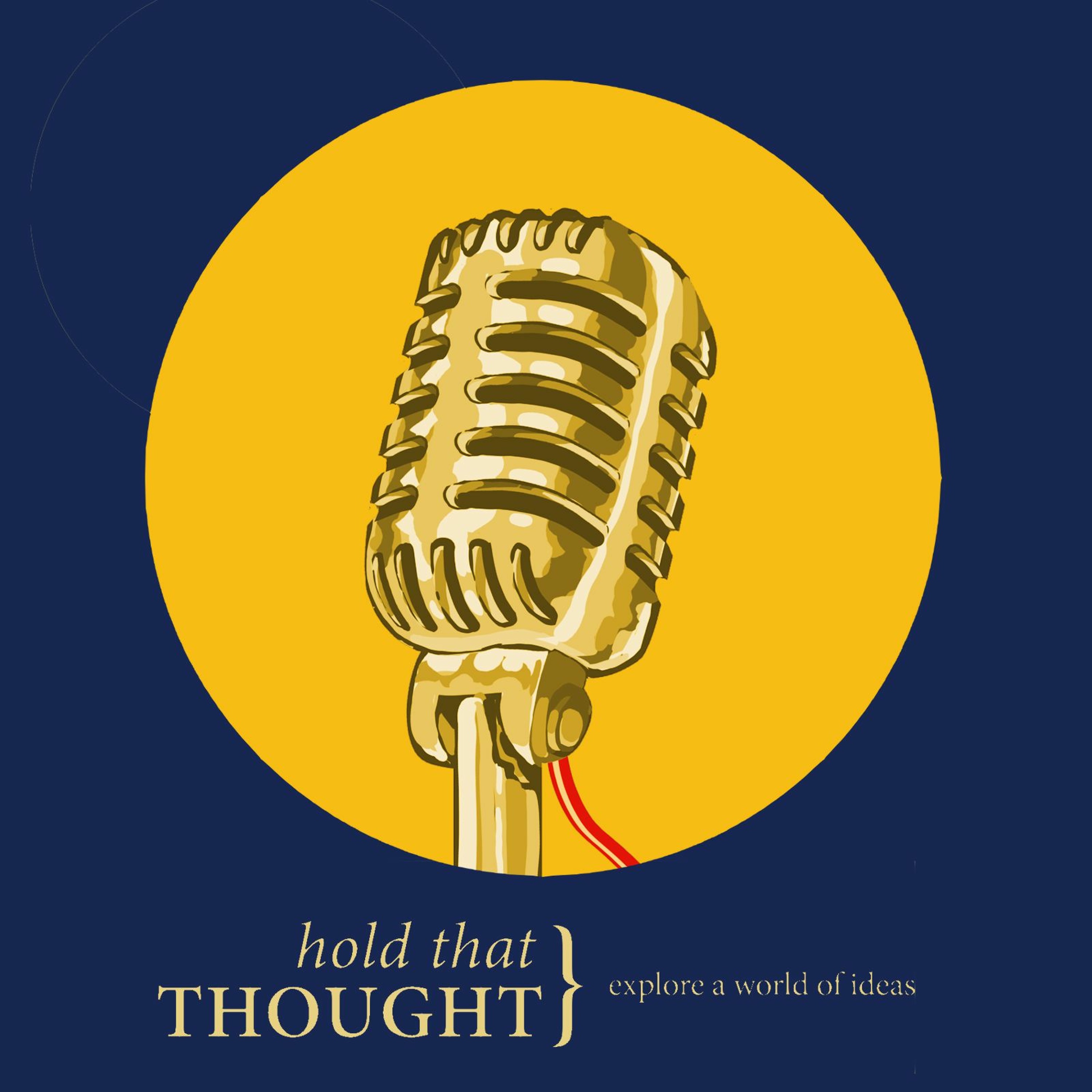
Mud cores, rain gauges, and the hunt for climate data
Climate scientist Bronwen Konecky travels to tropical regions around the world gathering evidence of the geologic past. Using data from rain samples a...

Reading revelation
Religious studies scholars Elaine Pagels and Laurie Maffly-Kipp discuss the Book of Revelation and how it has been interpreted across time, as well as...
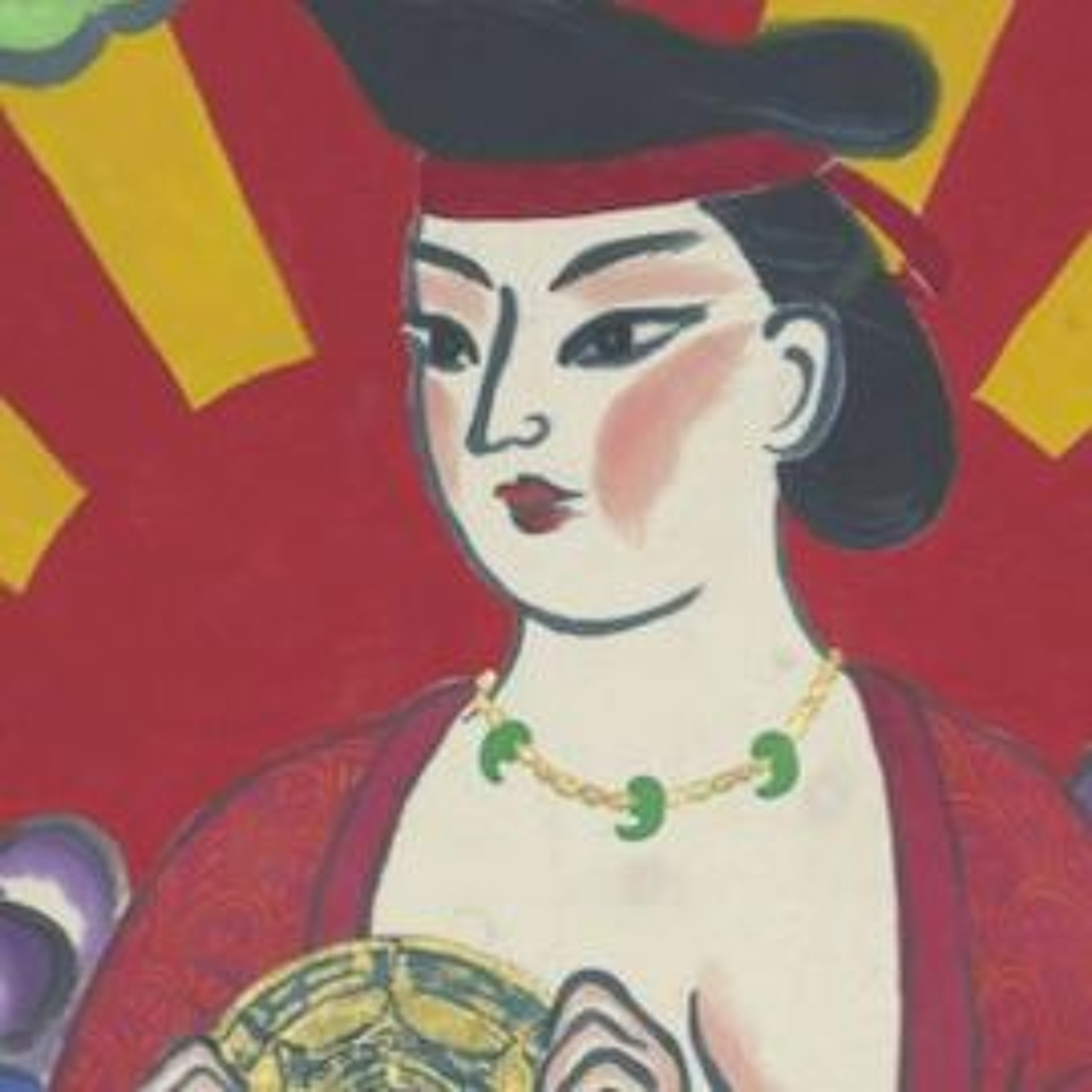
Diva Nation
Rebecca Copeland and Laura Miller, coeditors of "Diva Nation: Female Icons from Japanese Cultural History," discuss queens, goddesses, and the nature...
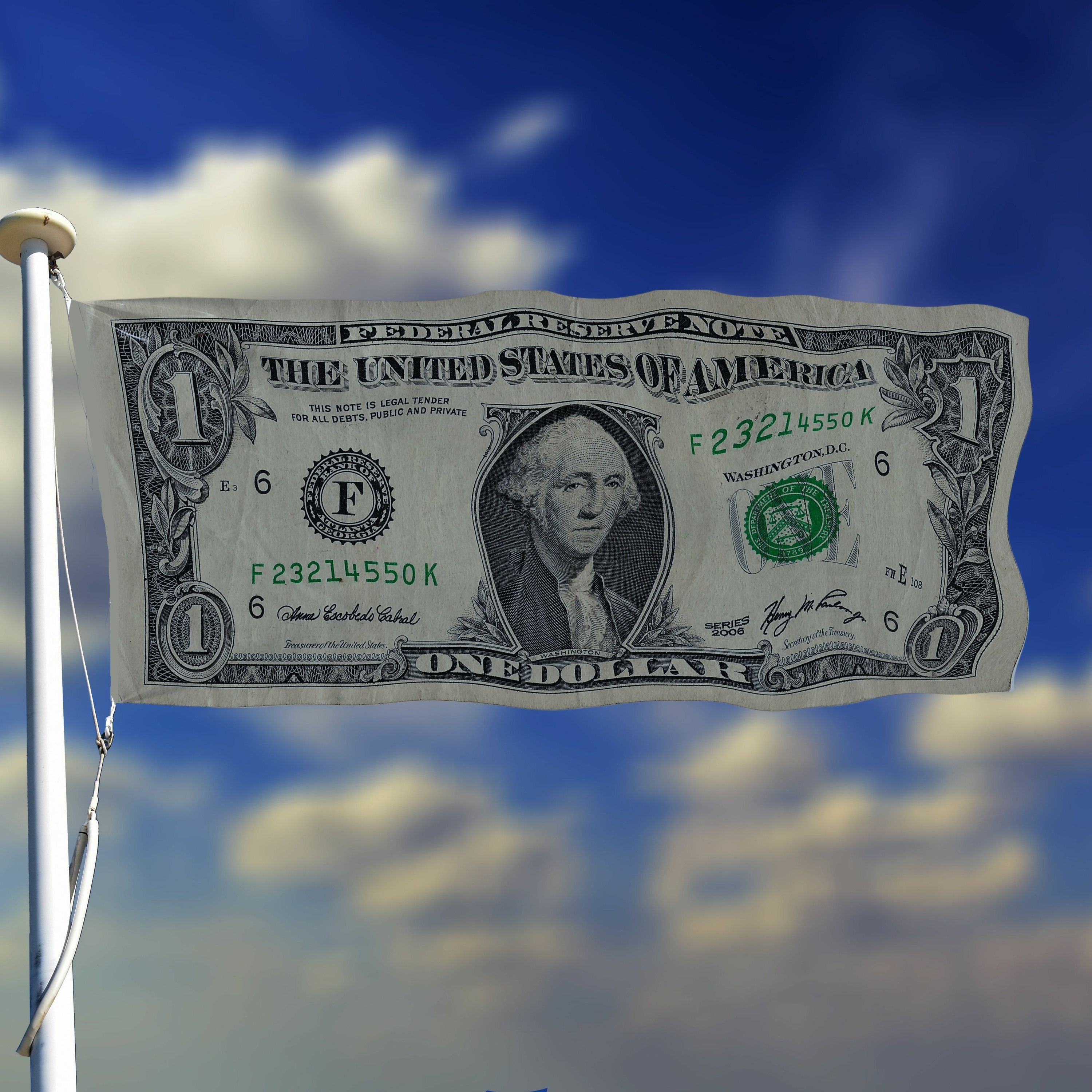
How good is the US economy, really?
Ahead of the midterm elections, Steve Fazzari explores the current state of the economy and explains why widely cited unemployment and growth numbers...
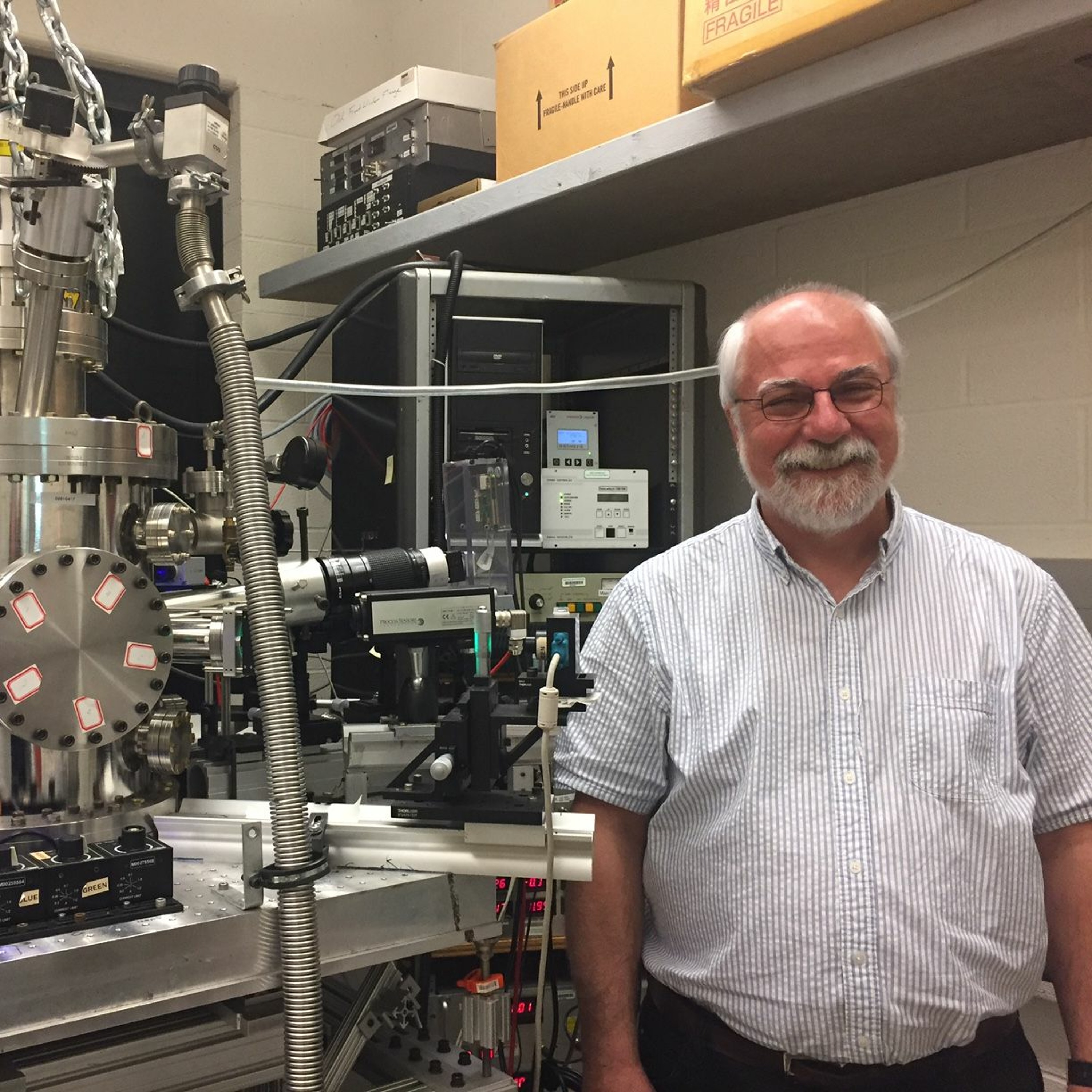
Materials through the ages
Over thousands of years, by trial and error, humankind has learned how to produce superior materials for different types of processing. Physicist Ken...
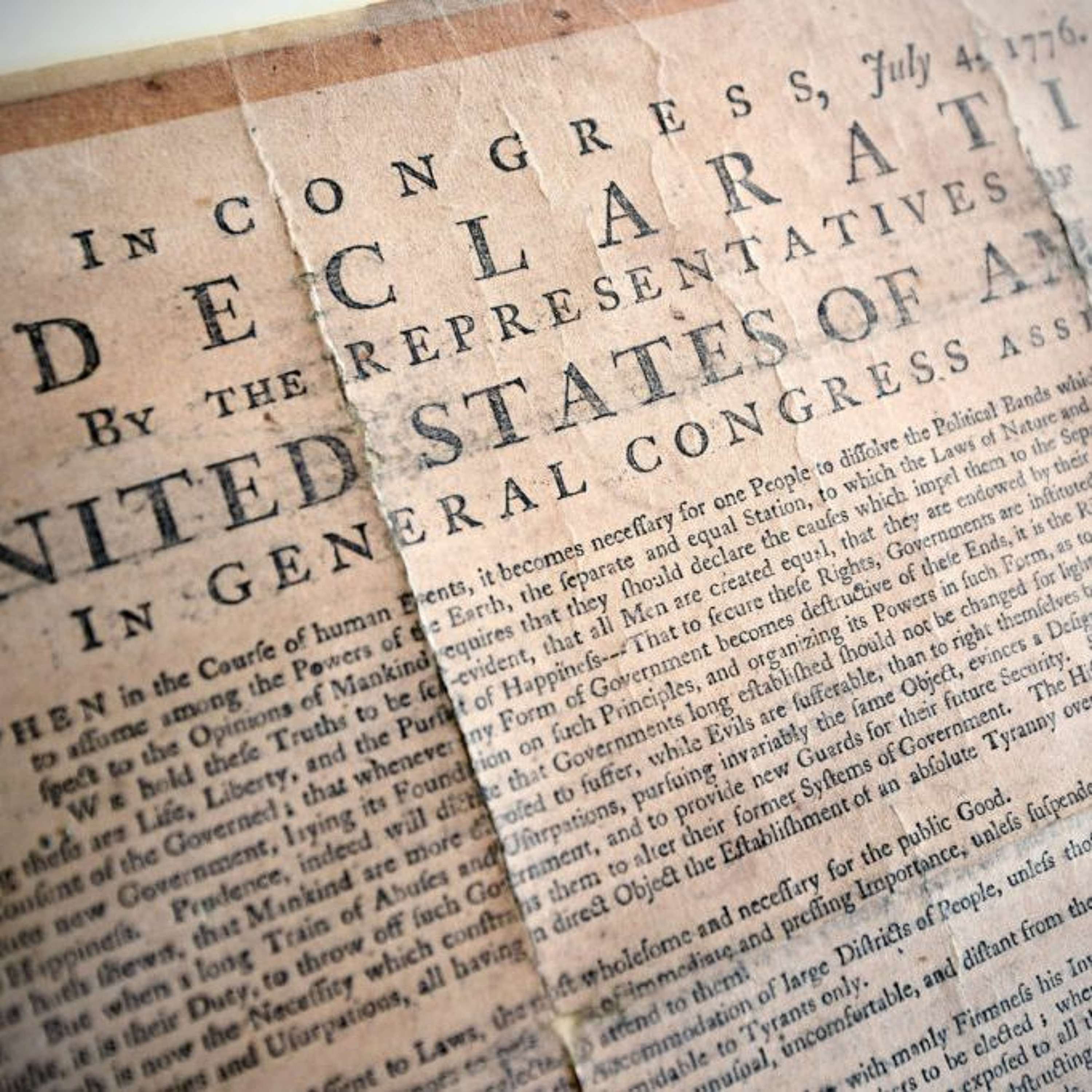
The Southwick Broadside
This Fourth of July, visitors to Washington University's Olin Library will have the chance to see a rare piece of history - an early copy of the Decla...
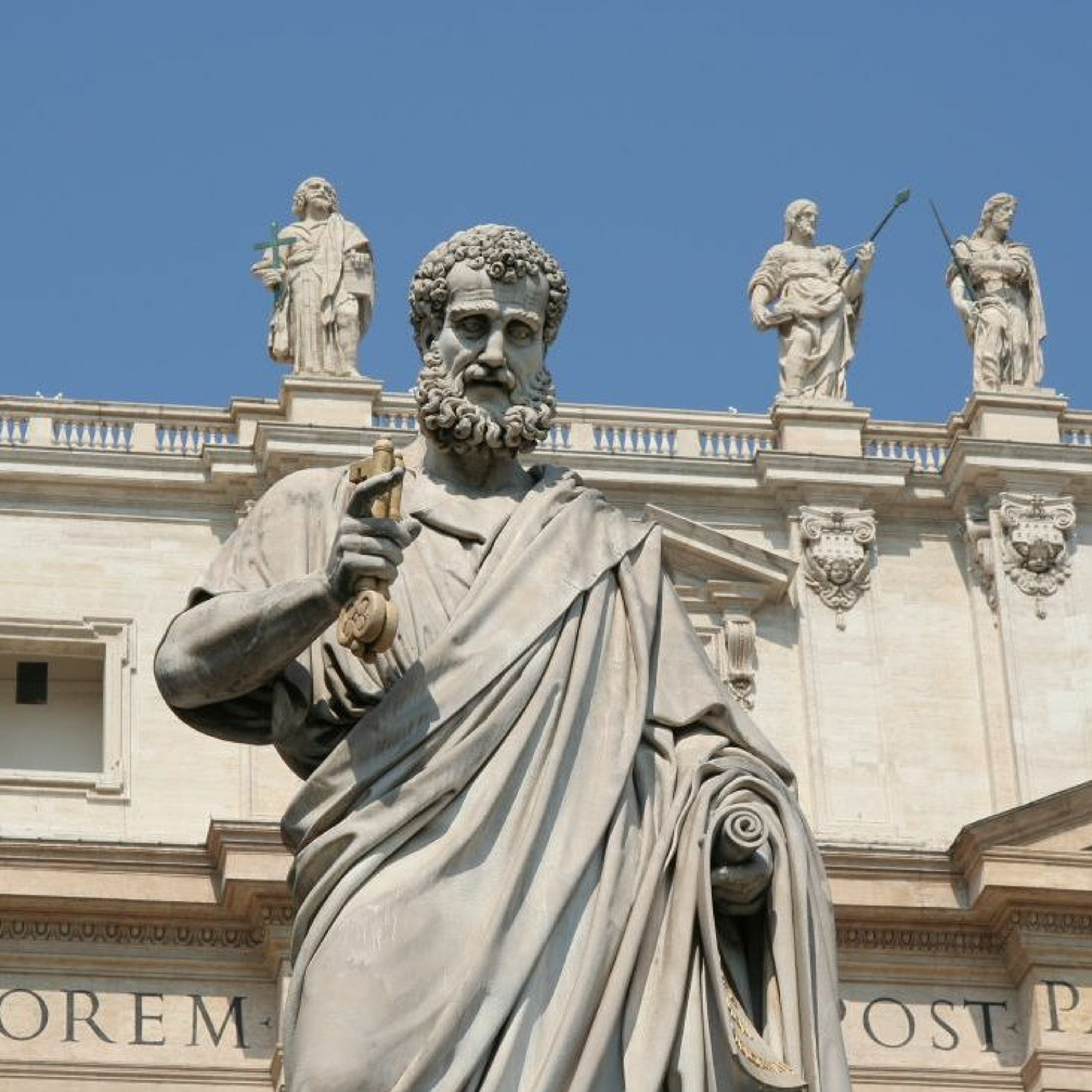
Saint Peter, According to Mark
The apostle Peter was a leader and role model in early Christianity - or was he? According to Lance Jenott, a lecturer of classics and religious studi...
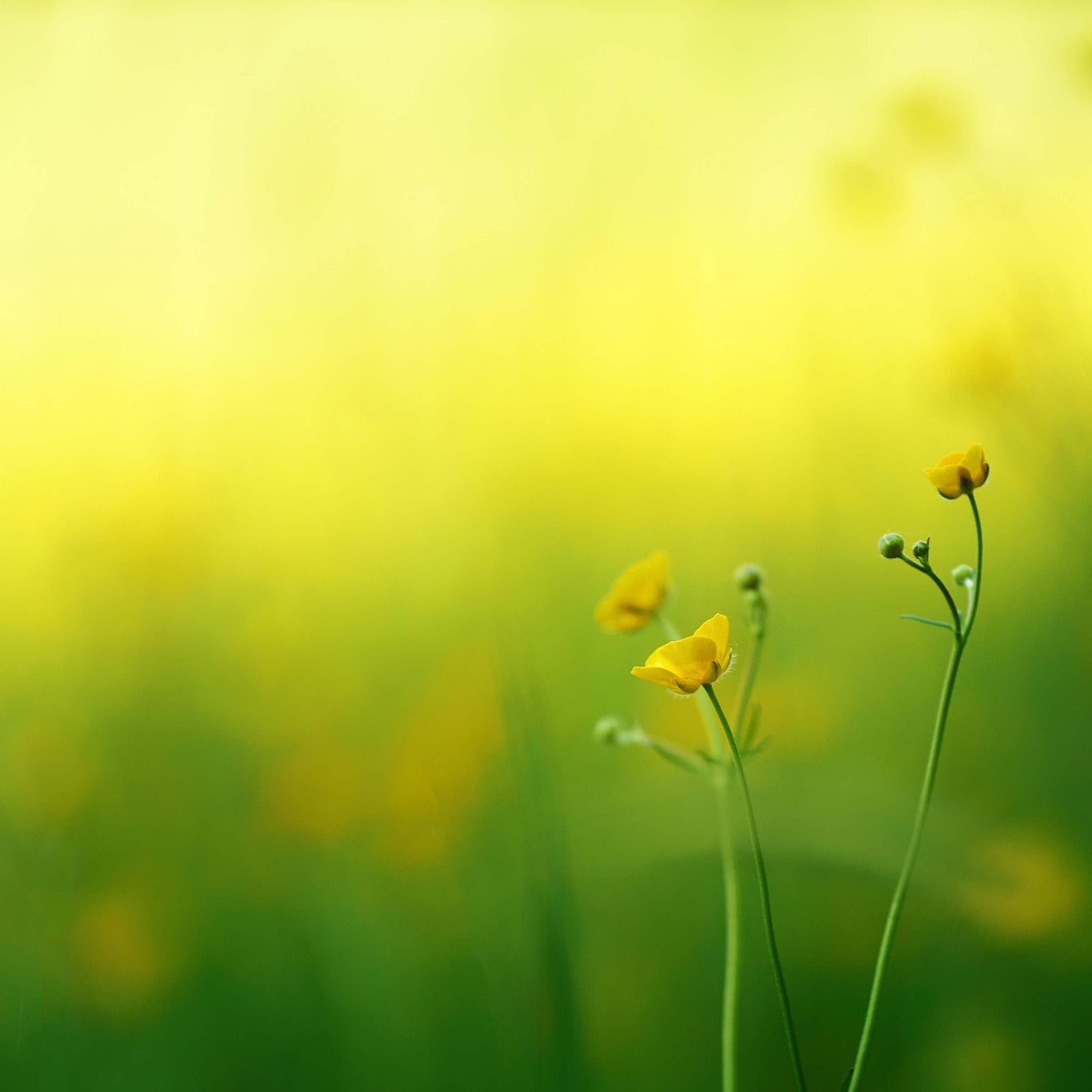
The Secret Lives of Plants
Biologist Elizabeth Haswell wants to change the way that people think about plants. What do we know about how plants sense their environment, and what...
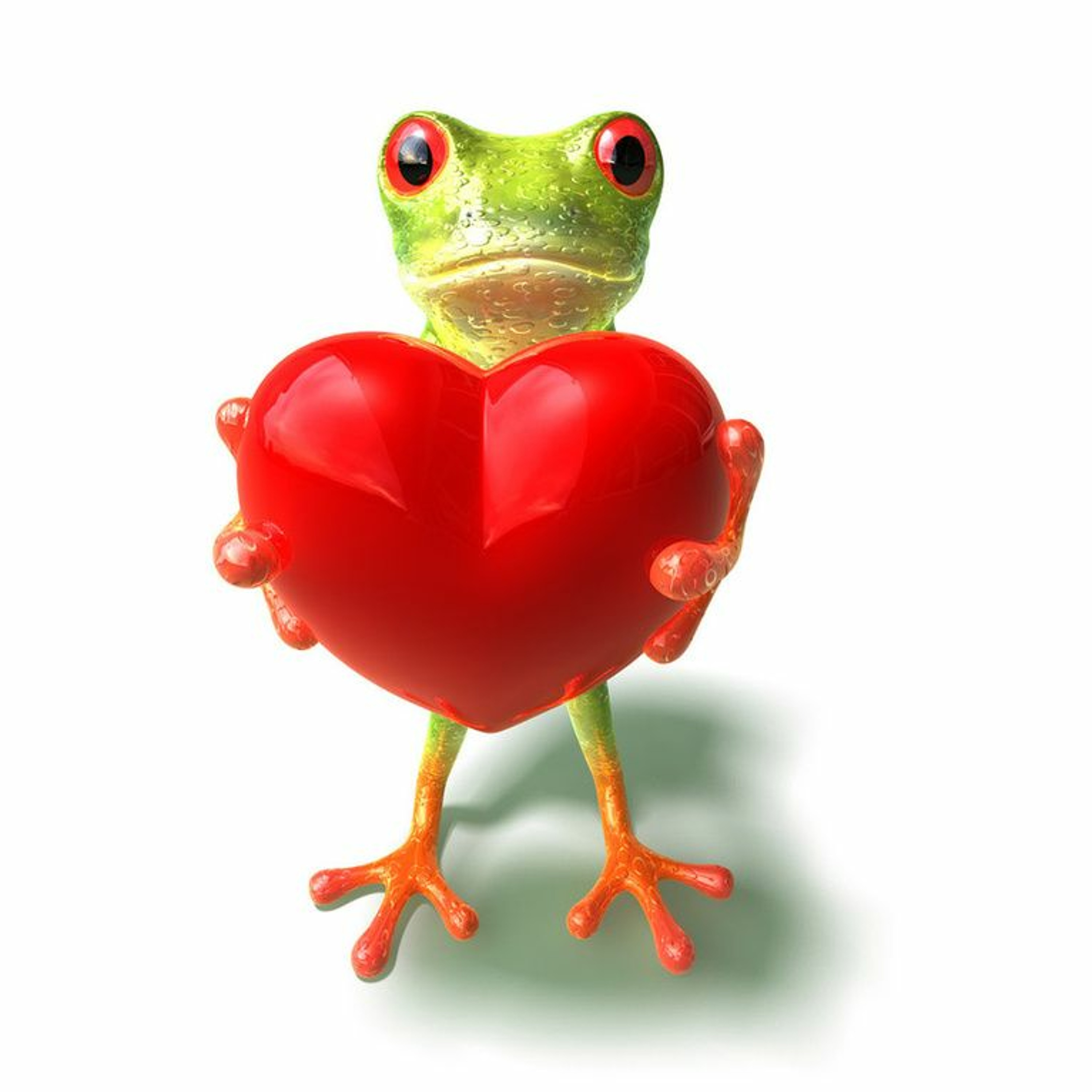
Frog love and the decoy effect
This Valentine's Day, we bring you a story of frog romance and economics - with a side of math and 1960s game shows. Which mate will the frog bachelor...
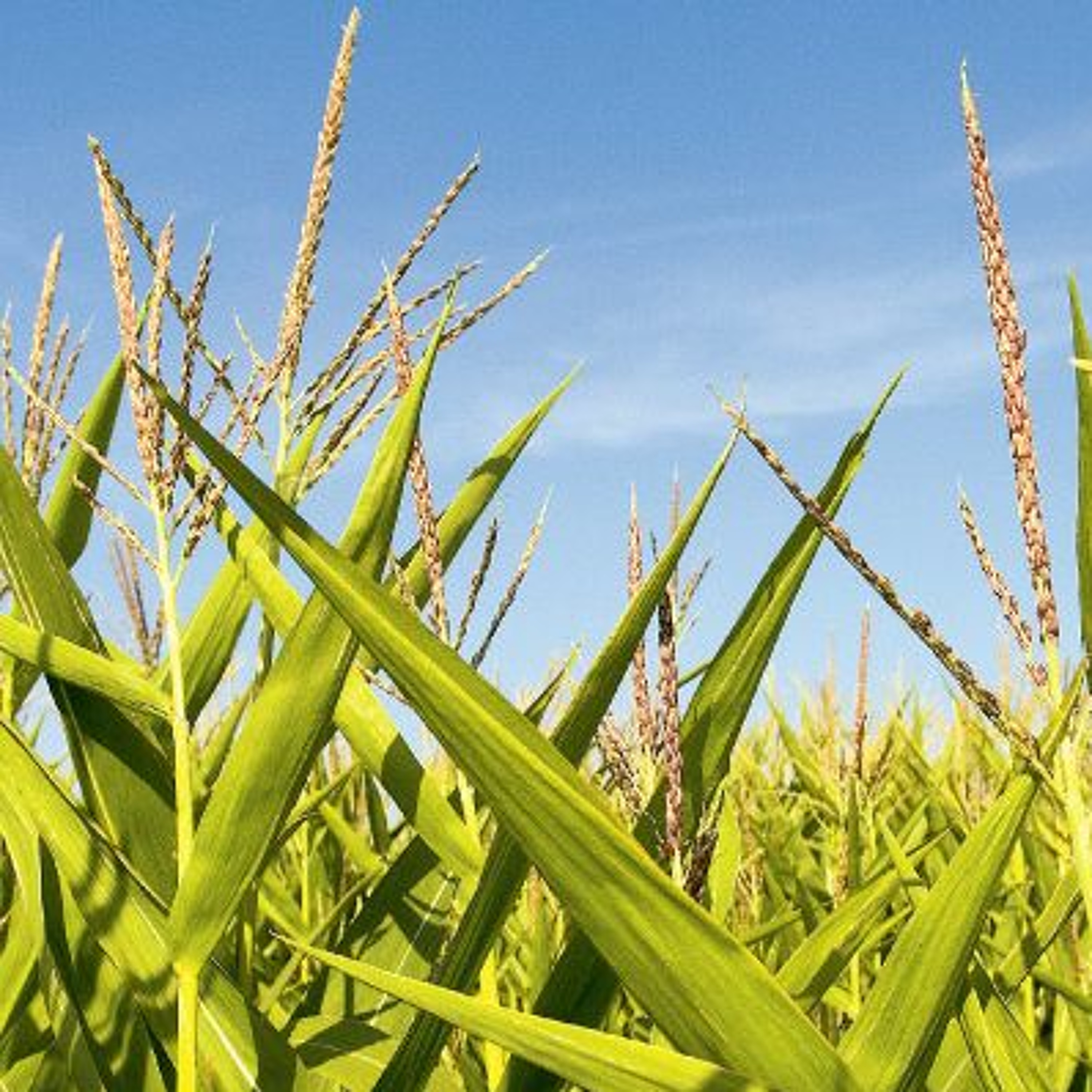
Becoming a Biotech Explorer
A competition for a million-dollar grant leads biologist Joe Jez to creative an innovative program for first-year and sophomore students.
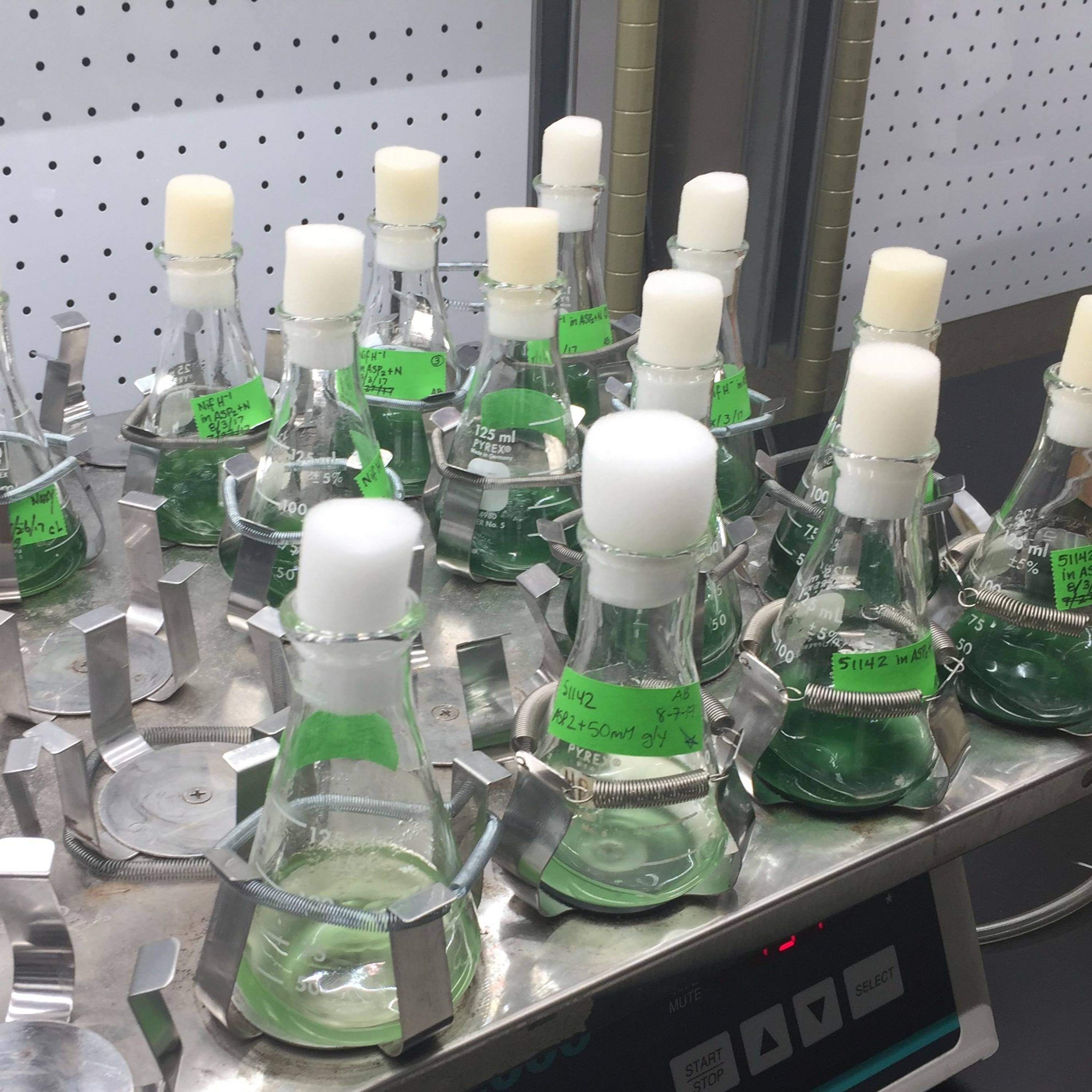
Amazing Creatures: Cyanobacteria
Biologist Himadri Pakrasi, director of Washington University's International Center for Energy, Environment, and Sustainability, has been studying tin...
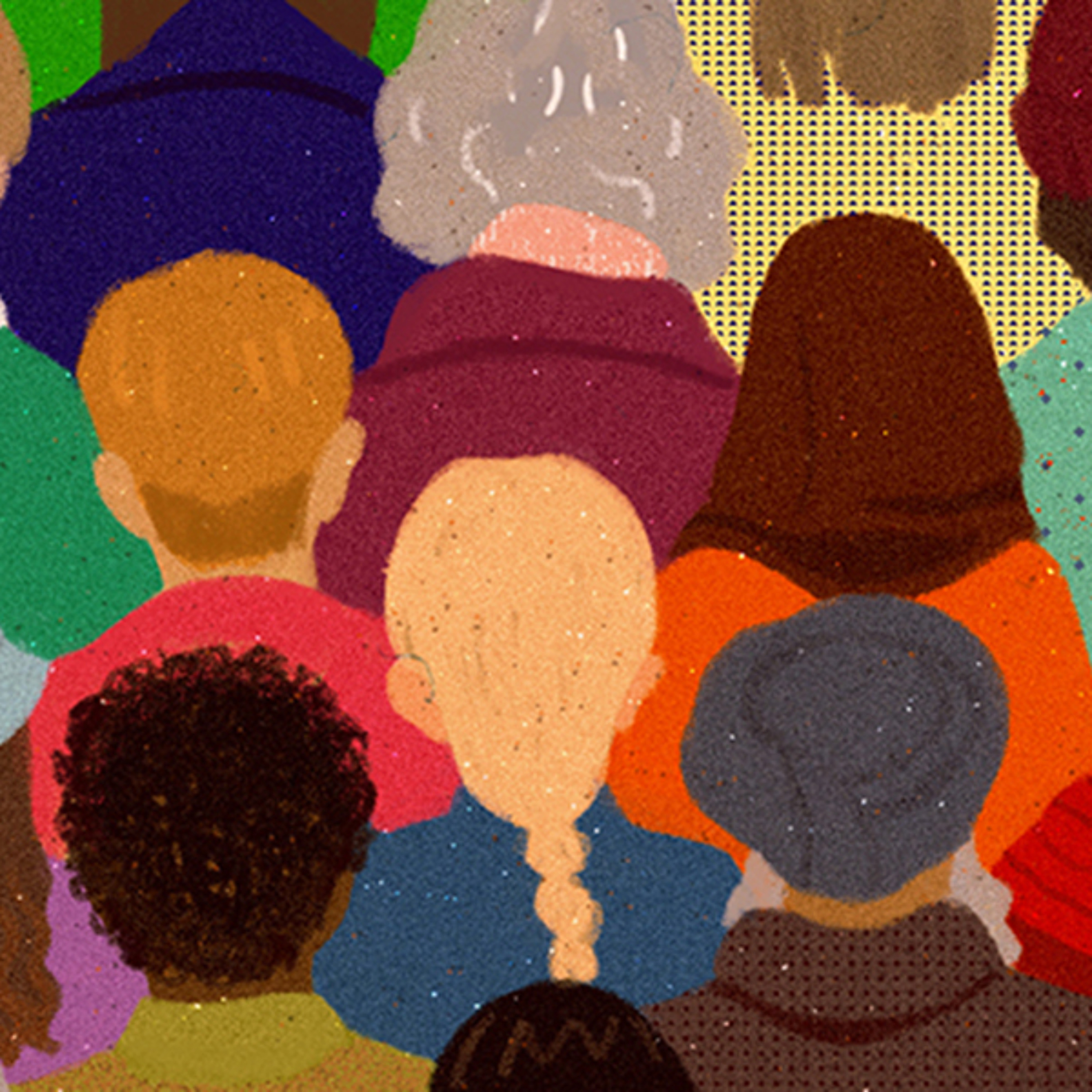
Would you be my neighbor?
Using survey data, sociologist Ariela Schachter has investigated how Americans think about race, immigration status, assimilation, and what it means t...
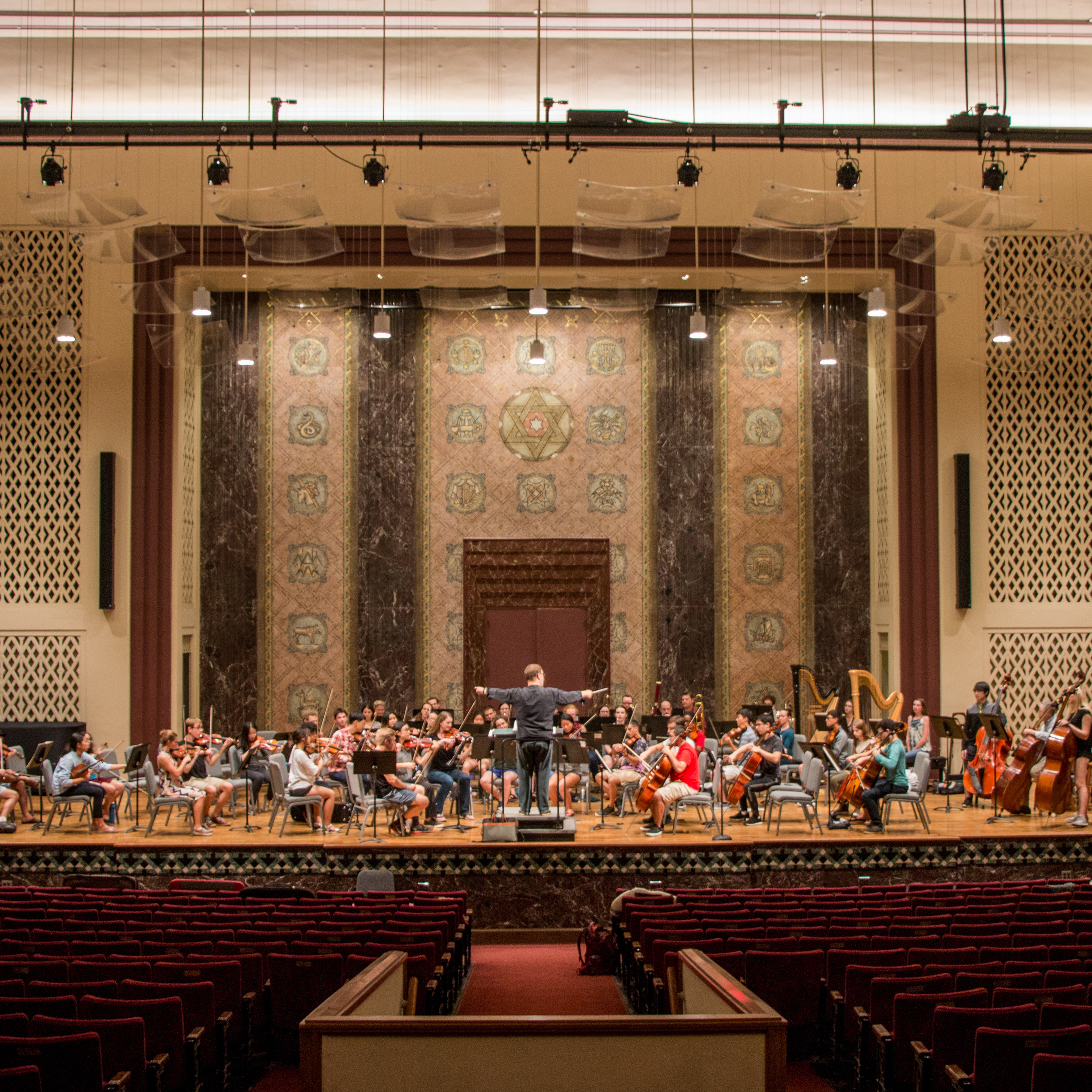
How to Create a Musical Monster
It’s been 200 years since Mary Shelley wrote Frankenstein, the classic tale of creation gone wrong. In honor of the novel’s anniversary – and just in...
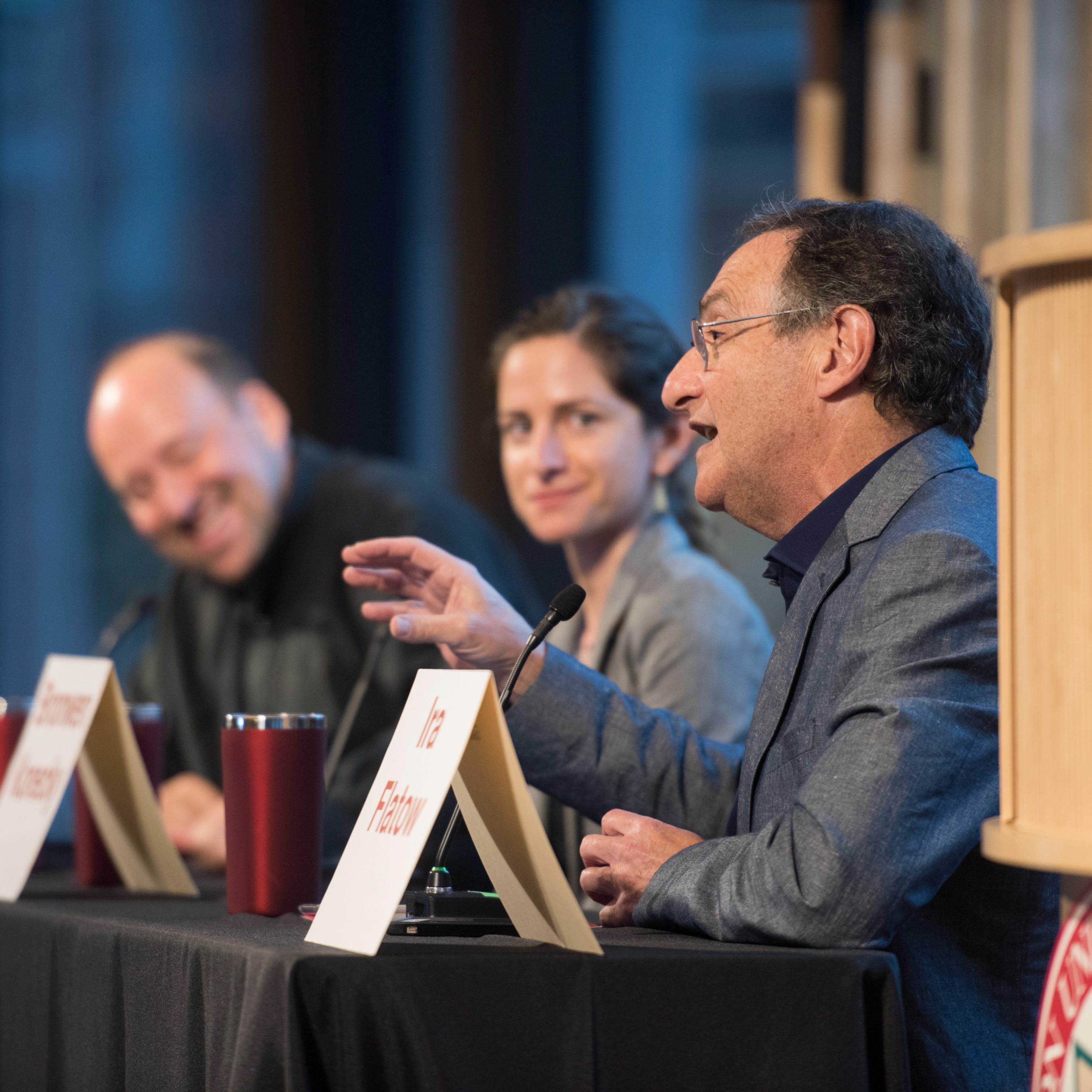
Ira Flatow on Climate Change and Science Communication
Ira Flatow, host of public radio's Science Friday, describes how and why conversations about global warming have changed over time. Flatow visited Was...

Creators and Copycats: The Business of Fashion in Guatemala
In an indigenous Maya community in highland Guatemala, sociocultural anthropologist Kedron Thomas noticed a trend. Despite companies' increased effort...
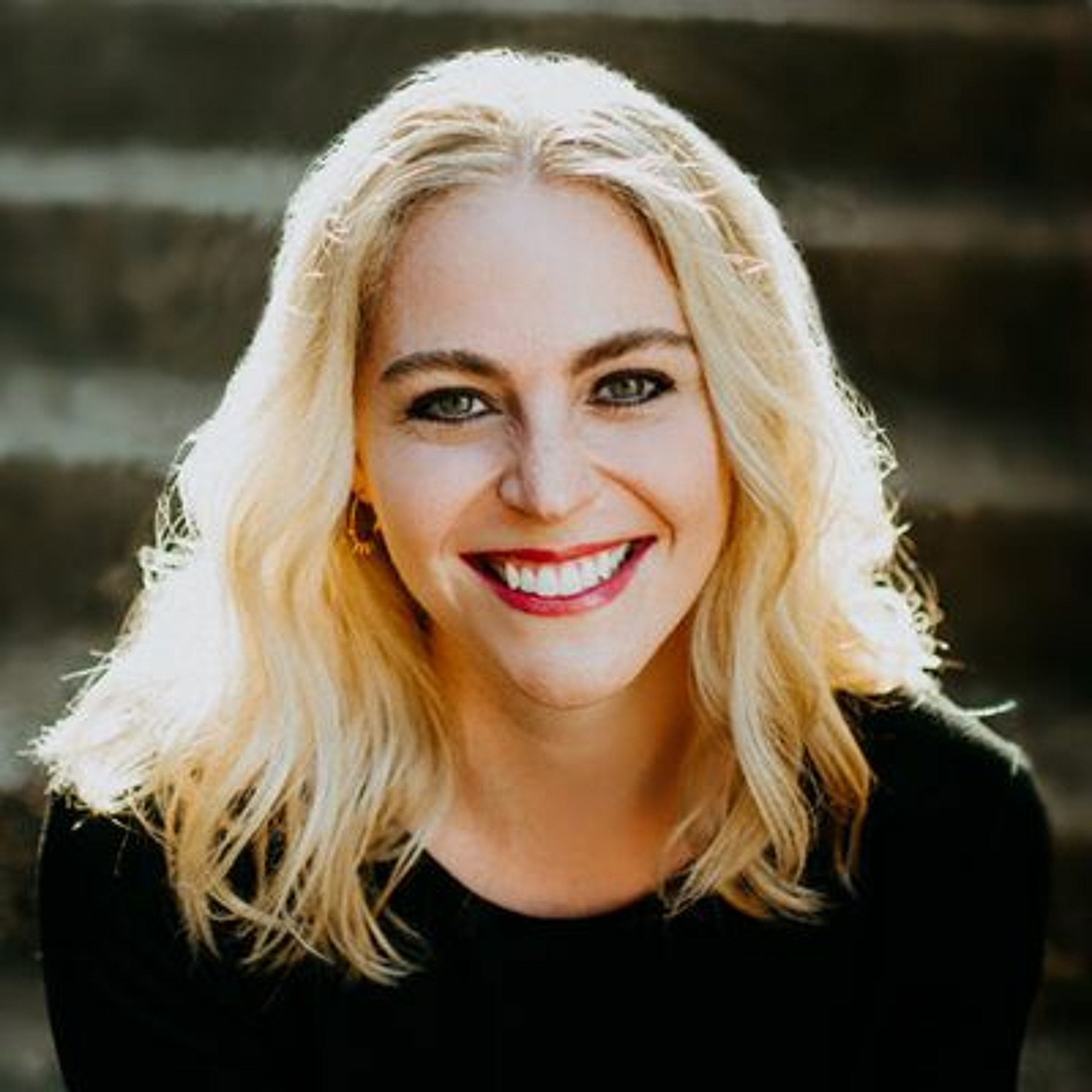
Moms at Work: Policies and Perspectives in Europe and the US
Sociologist Caitlyn Collins frequently remembers a familiar phrase from her childhood. Collins’ mom, a successful sales director, often said with a si...
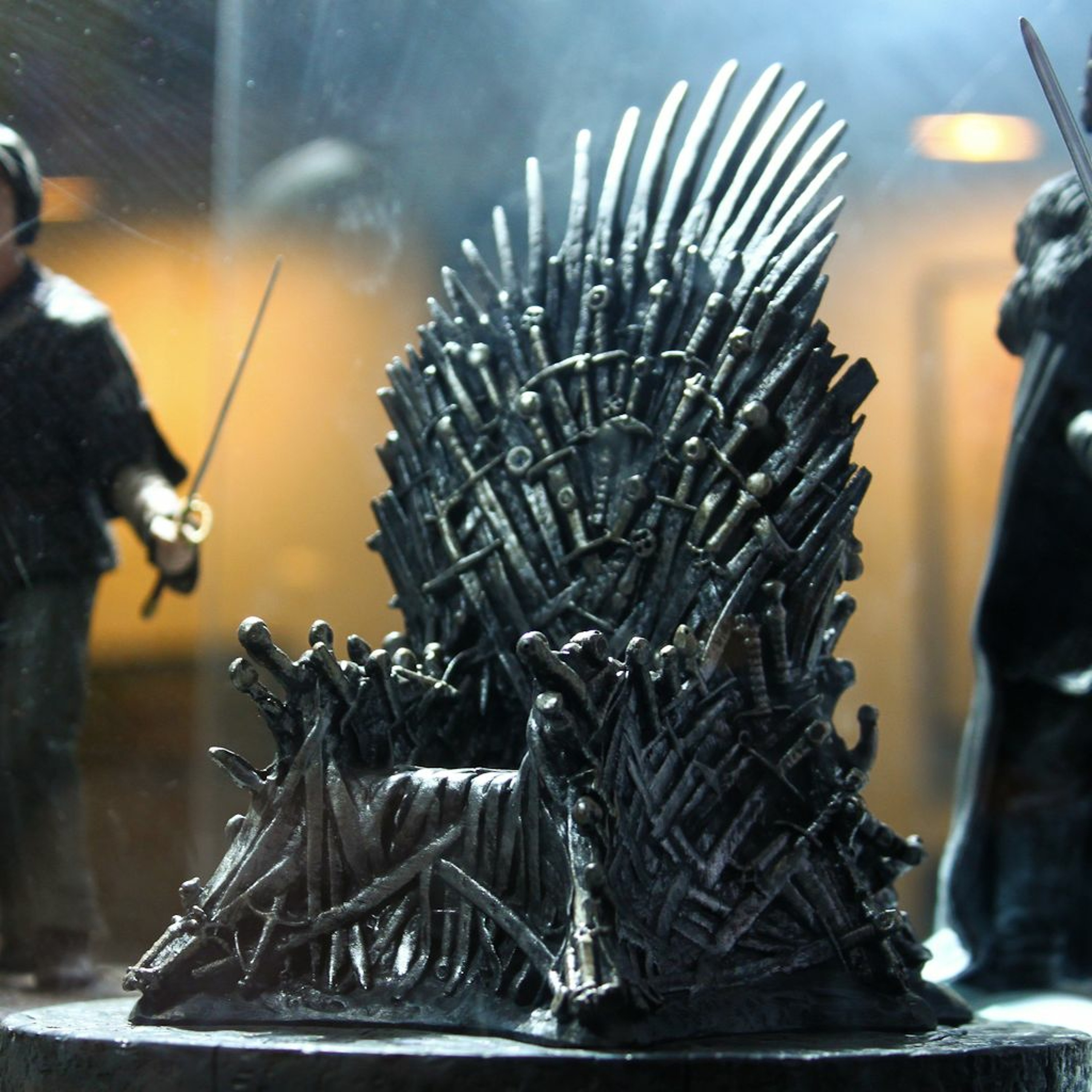
How to Sit on the Iron Throne: Power and Violence in "Game of Thrones" and History
Rival families fight for the throne by racking up the body count through political maneuvers, murders, battles, and betrayals. This summation is true...

Charter School Myths
Do charter schools perform better than traditional public schools? Does competition between schools really help students? Ebony Duncan Shippy, a socio...
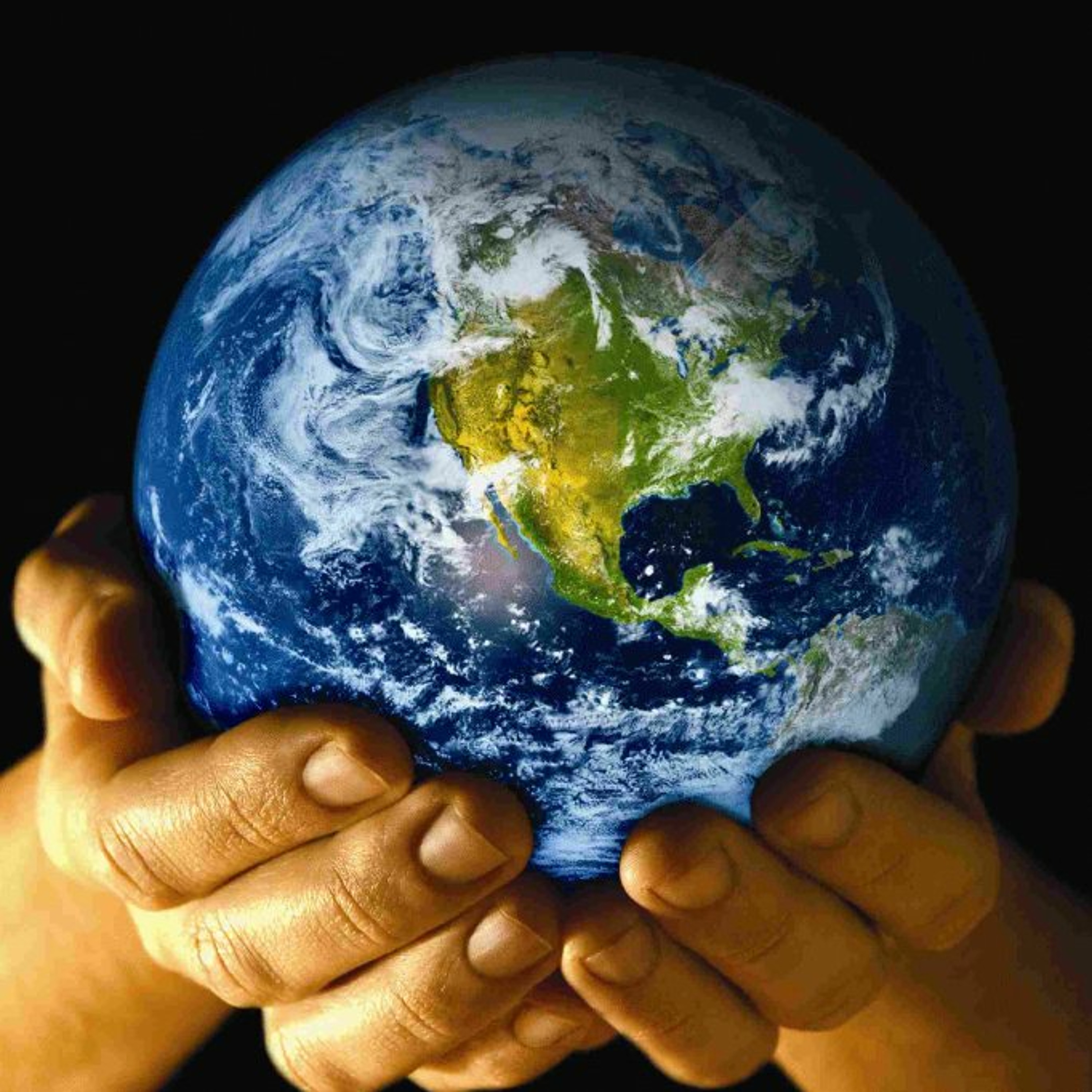
High-School Students Should Study Earth Science. Here's Why.
Ever wonder why some subjects are taught in high school while others are not, or why students spend so much time memorizing facts? According to geophy...
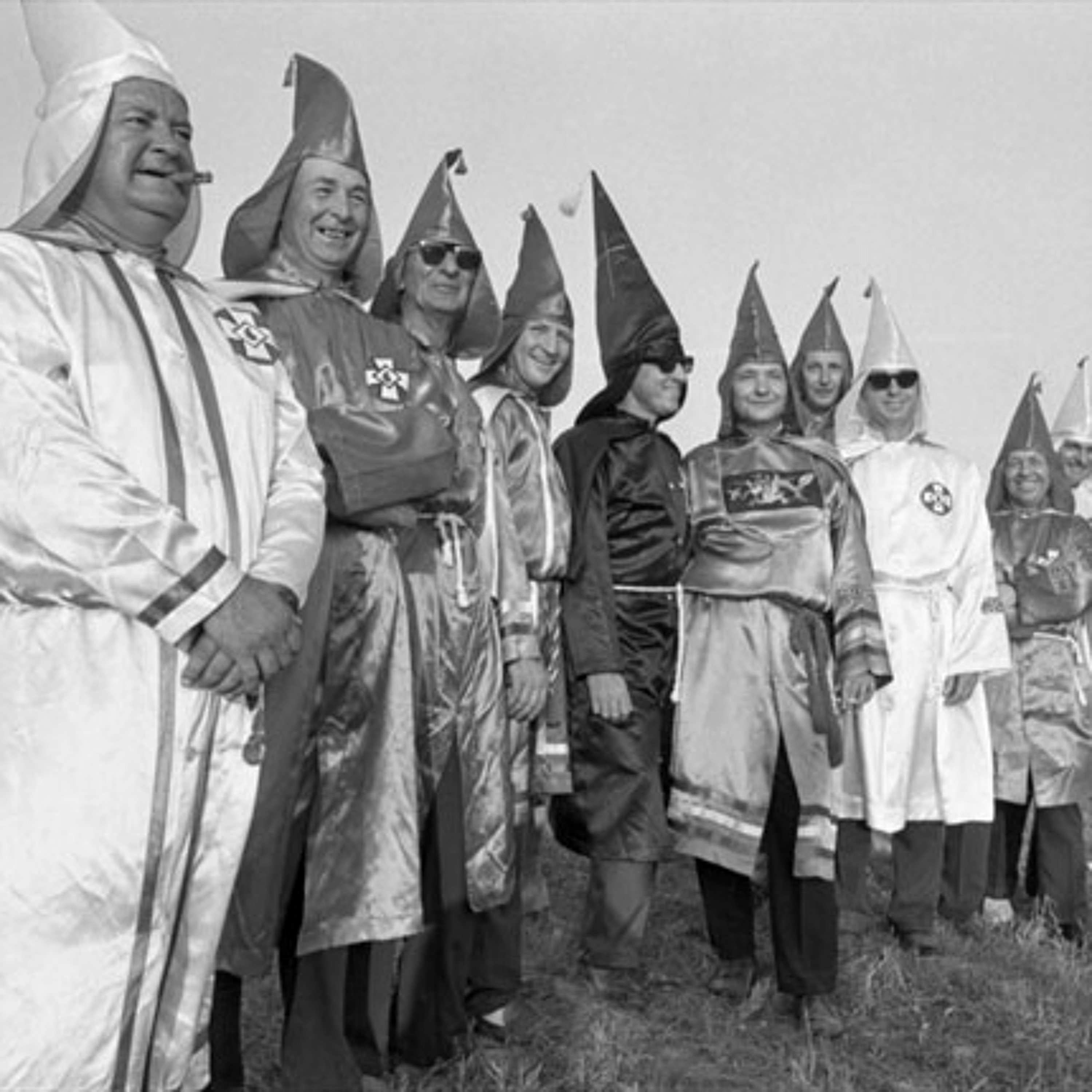
Making Sense of Klansville
During the civil rights era, North Carolina was home to more dues-paying Klan members than the rest of the South combined. When conducting research on...
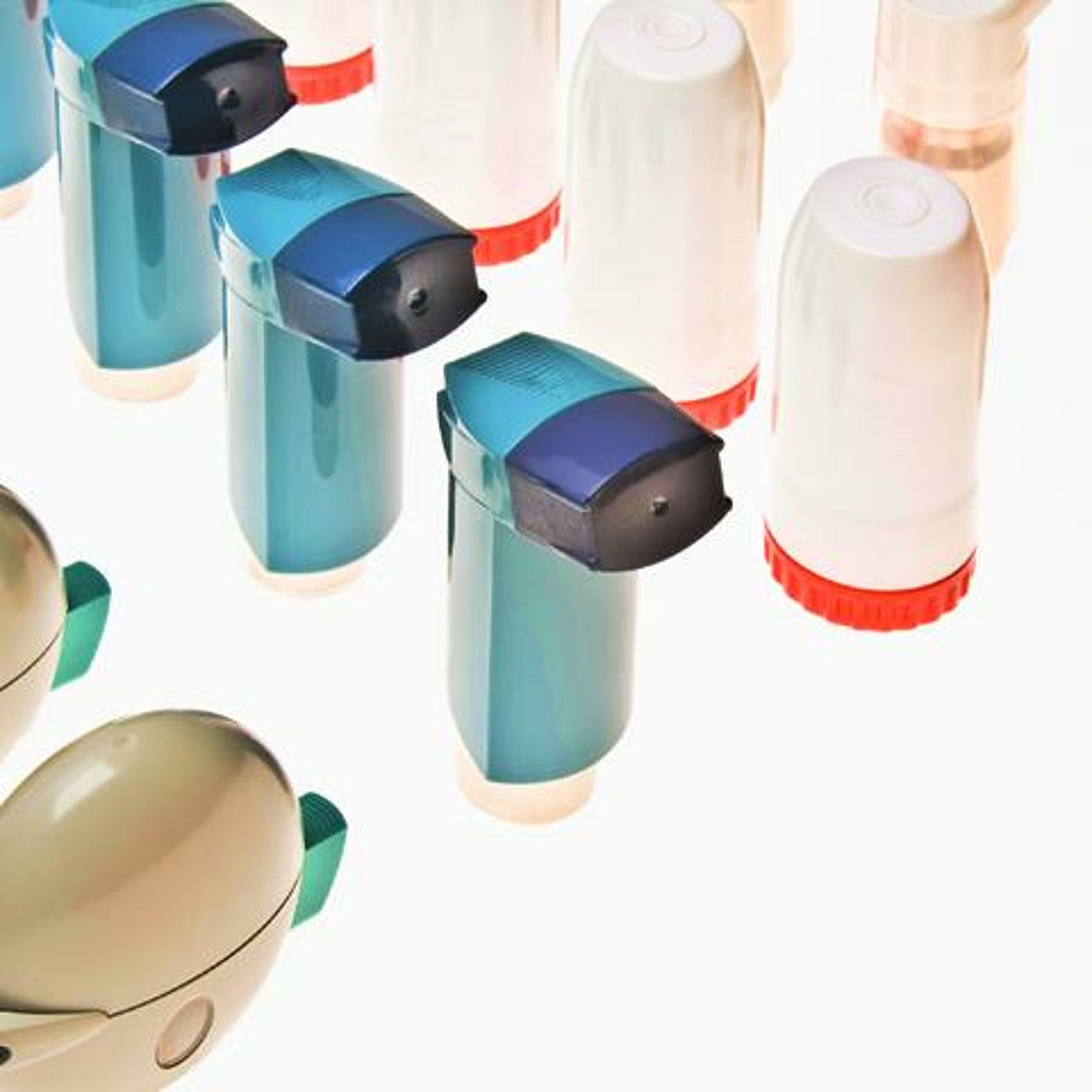
Mapping Asthma: The Geography of Inequality
Kelly Harris, a doctoral student in education, uses Geographic Information Systems (GIS) to identify ‘hotspots’ of childhood asthma in St. Louis. High...
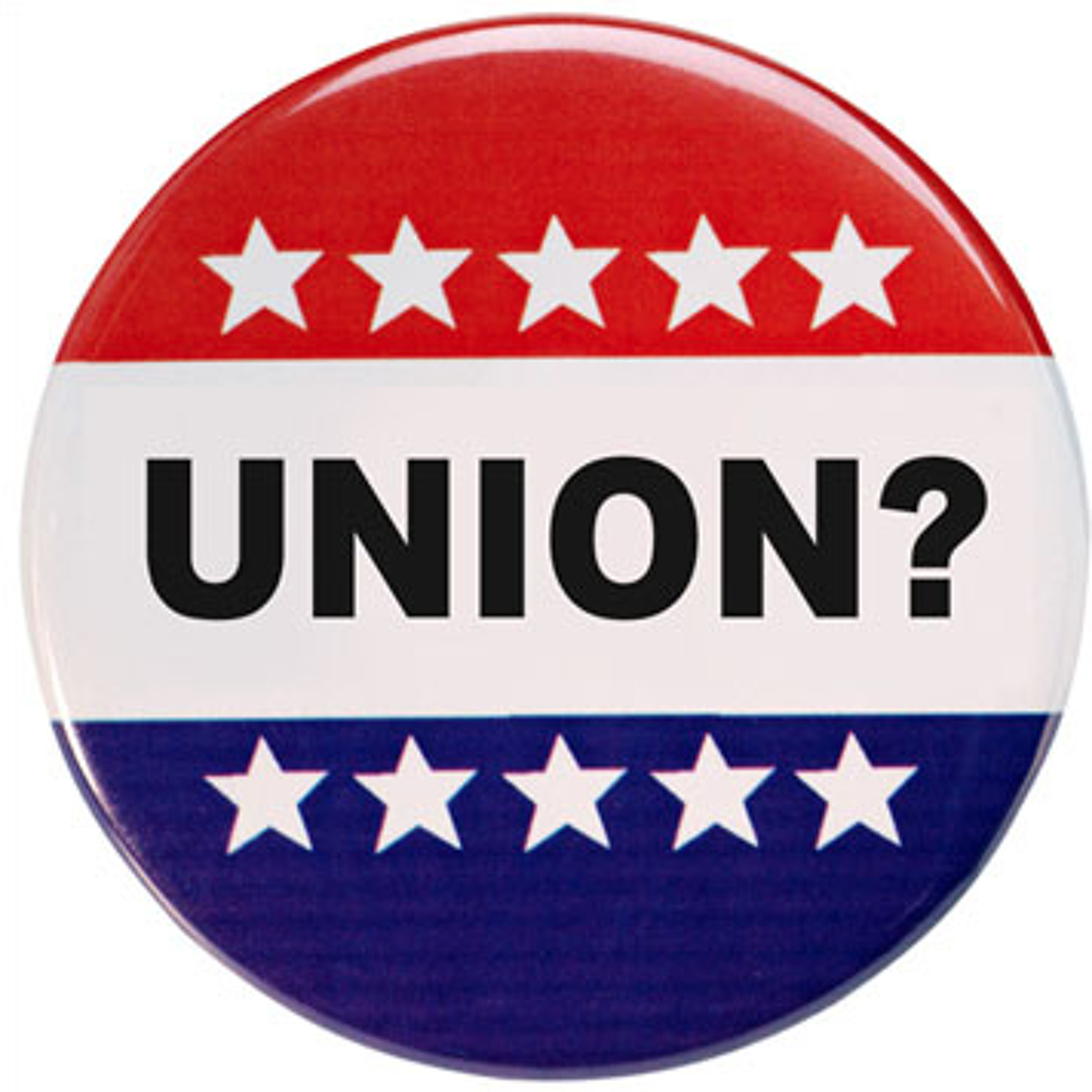
Right to Work? Unions & Income Inequality
Over the past three decades in the United States, the wealth gap between the richest Americans and everyone else has reached new extremes. At the same...
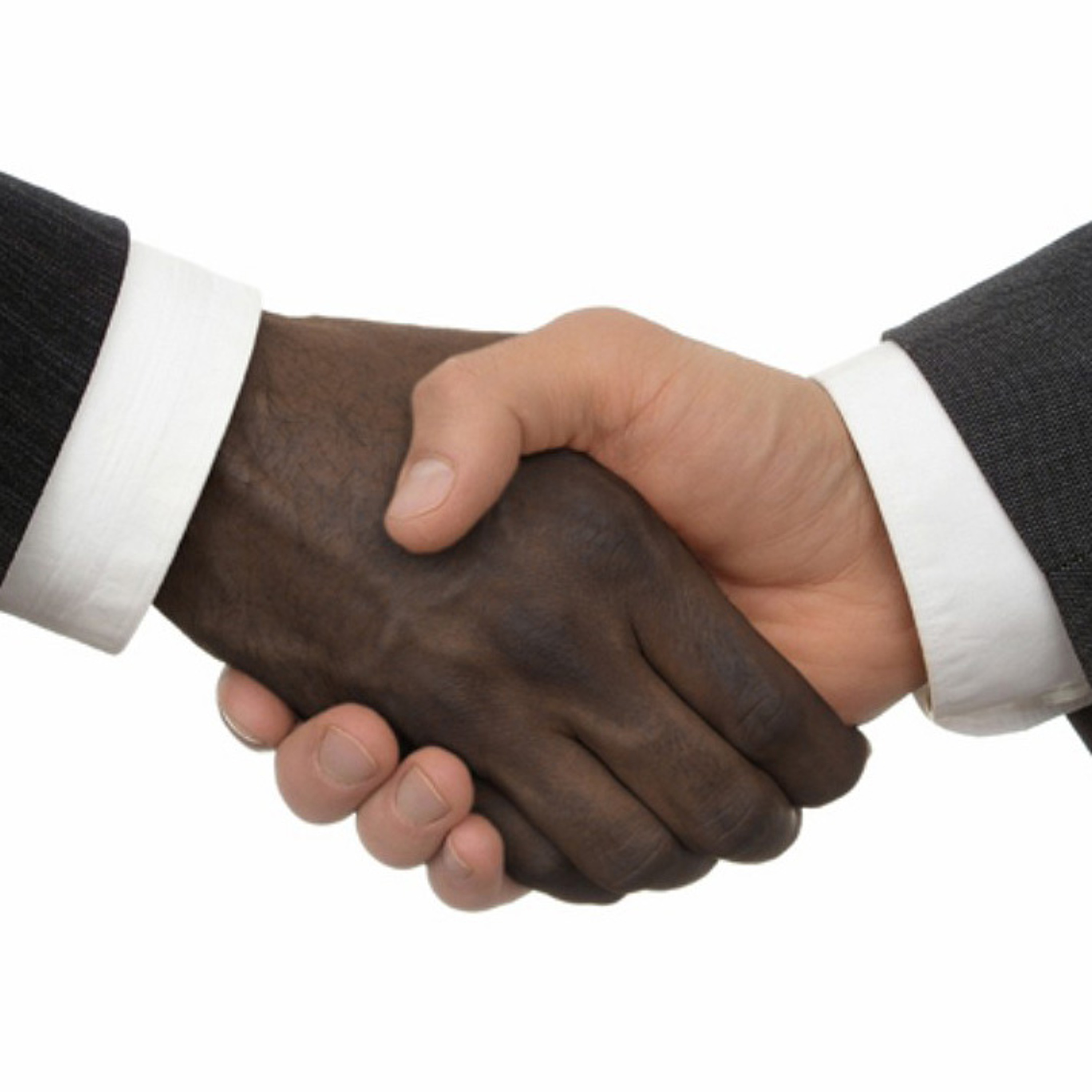
Inequality at Work
In her book No More Invisible Man: Race and Gender in Men’s Work, sociologist Adia Harvey Wingfield documents the pervasive and often subtle ways that...
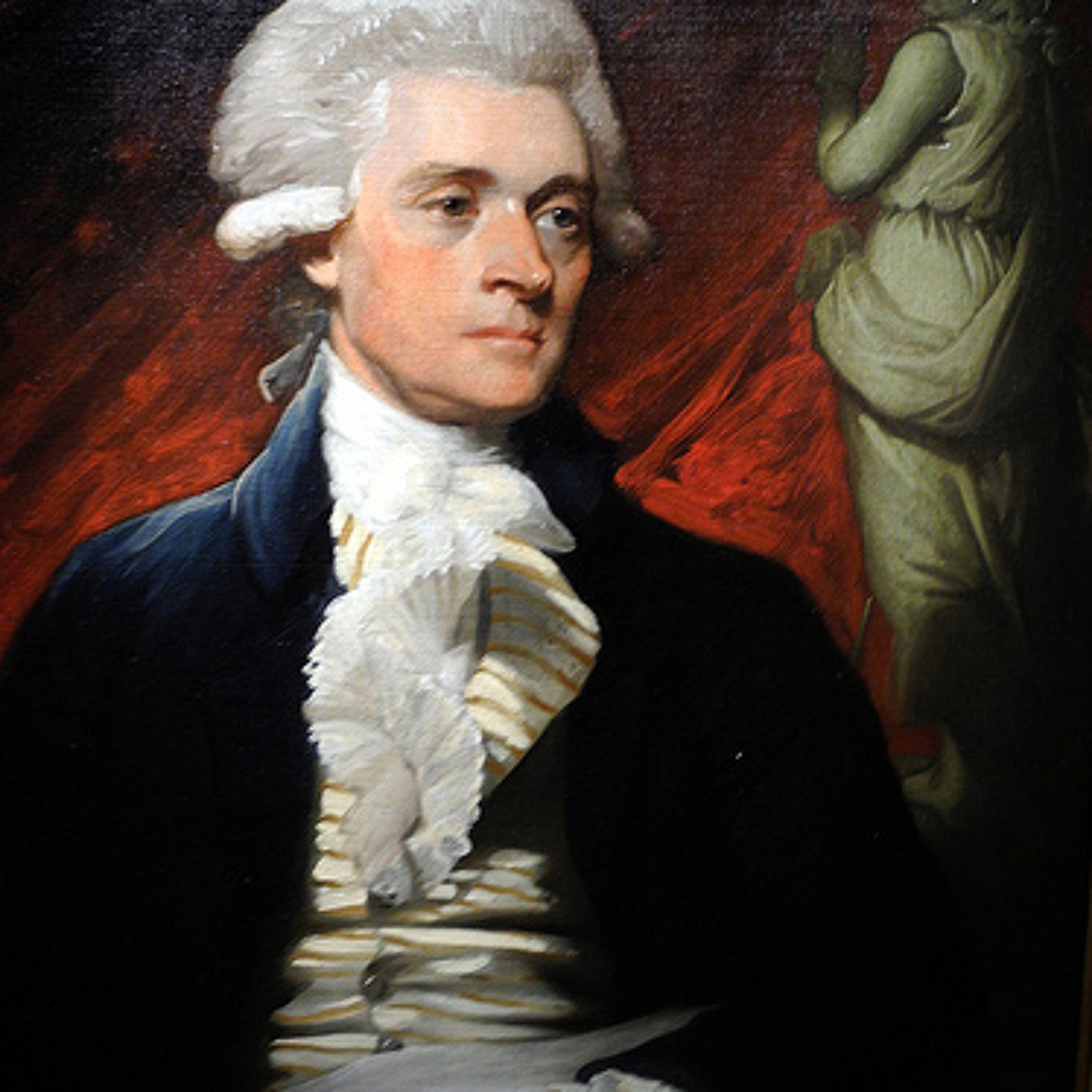
The Legal Mind of Thomas Jefferson
Before becoming the principal author of the Declaration of Independence, Thomas Jefferson was a successful lawyer in Virginia. His legal training infl...
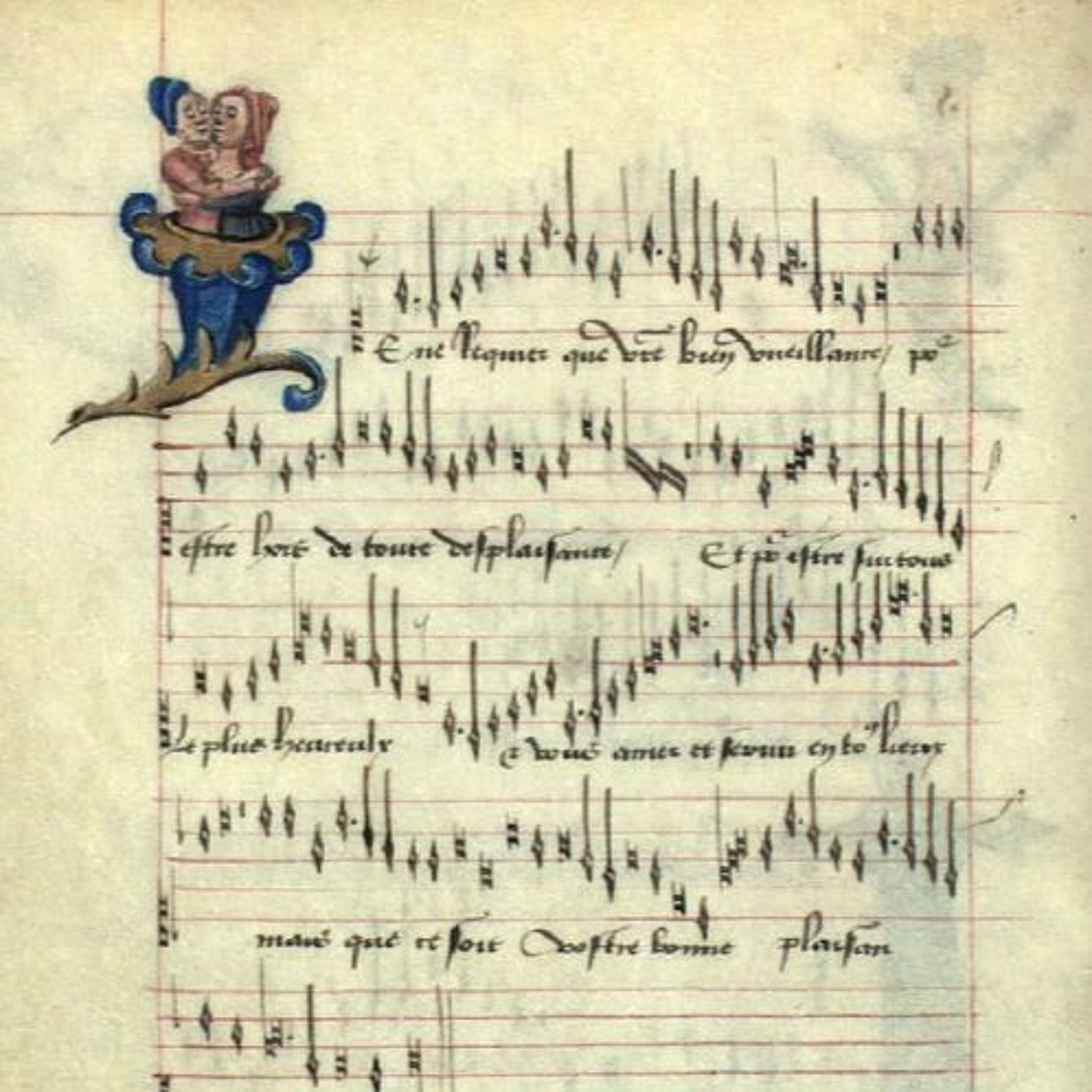
Love Music Across Time
From today's top 100 Billboard songs to ancient Sumerian scripts, human beings have always sung about love. So how have love songs changed across the...
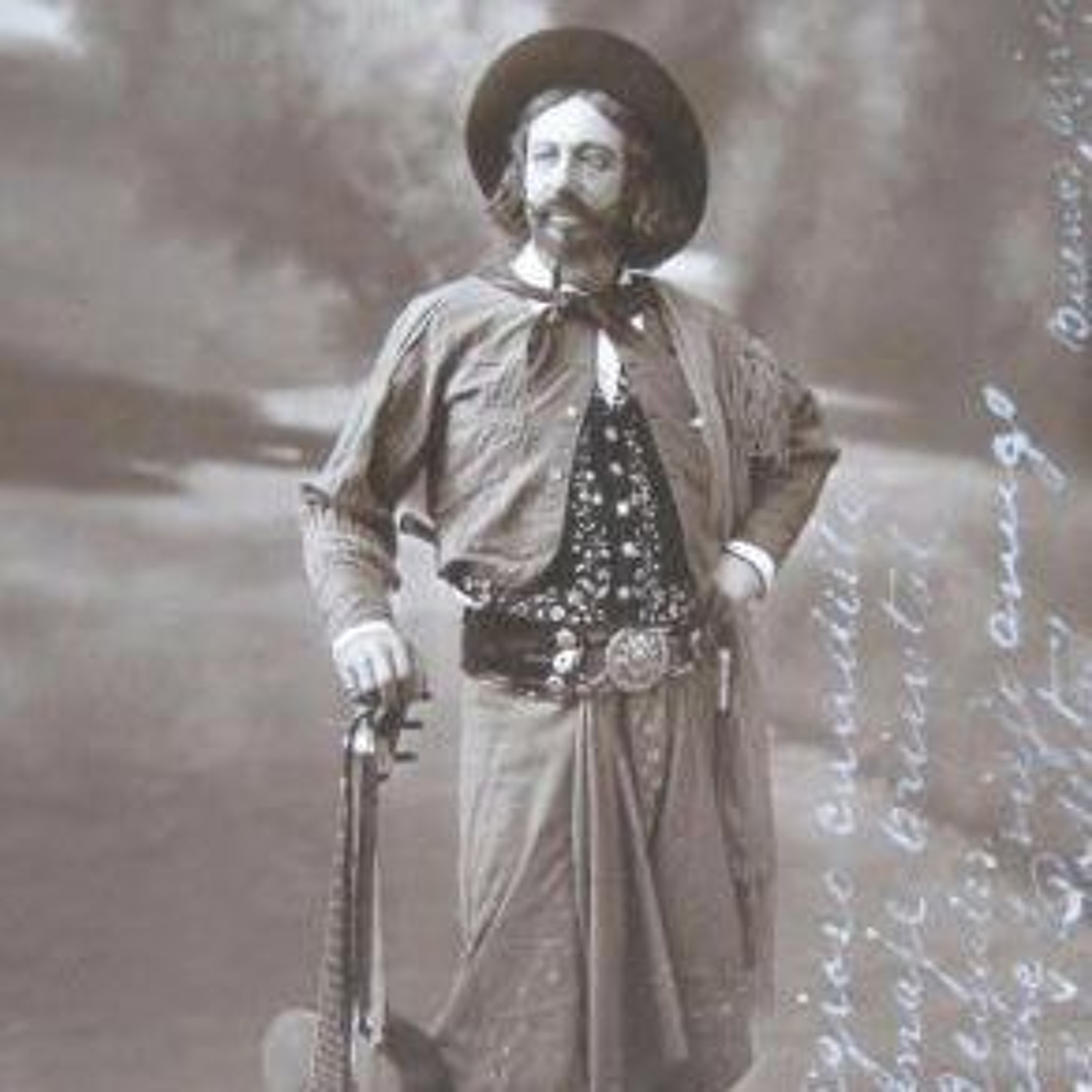
Good Gaucho Gone Bad: The Creole Drama
In the 1880s, a new kind of performance became the craze in Argentina and Uruguay. These wild "Creole dramas" glorified country life and the occasiona...
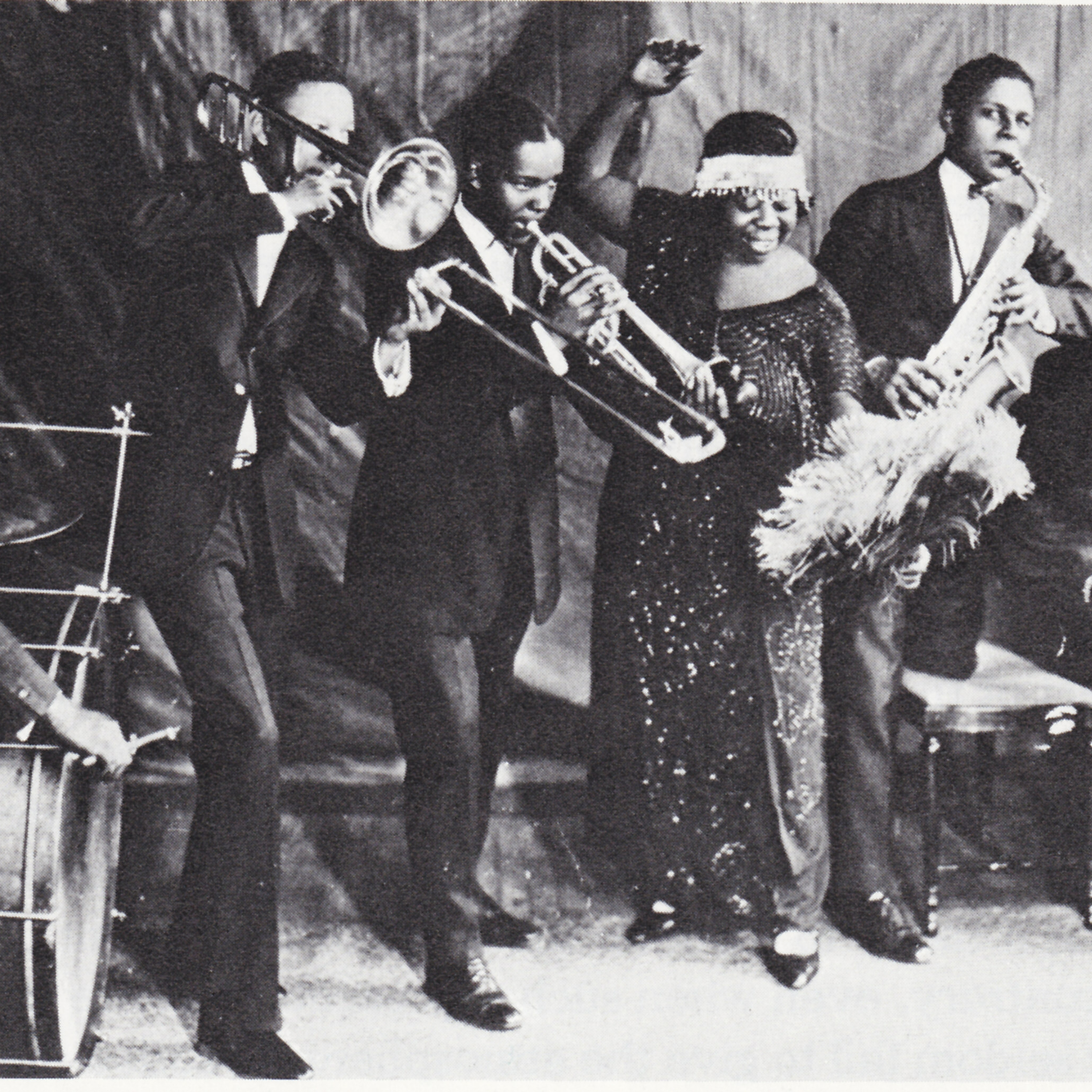
Staging the Blues: The Ma Rainey Story
Before film or even audio recordings, audiences across the south flocked to traveling tent shows for entertainment. Under these tents, female performe...

Performing Emotion: Freemasons and the Theater of Ritual
Hundreds of years ago in France, a group of men set up dramatic lighting, put on costumes, read scripts, and acted out a dramatic story. Despite all t...
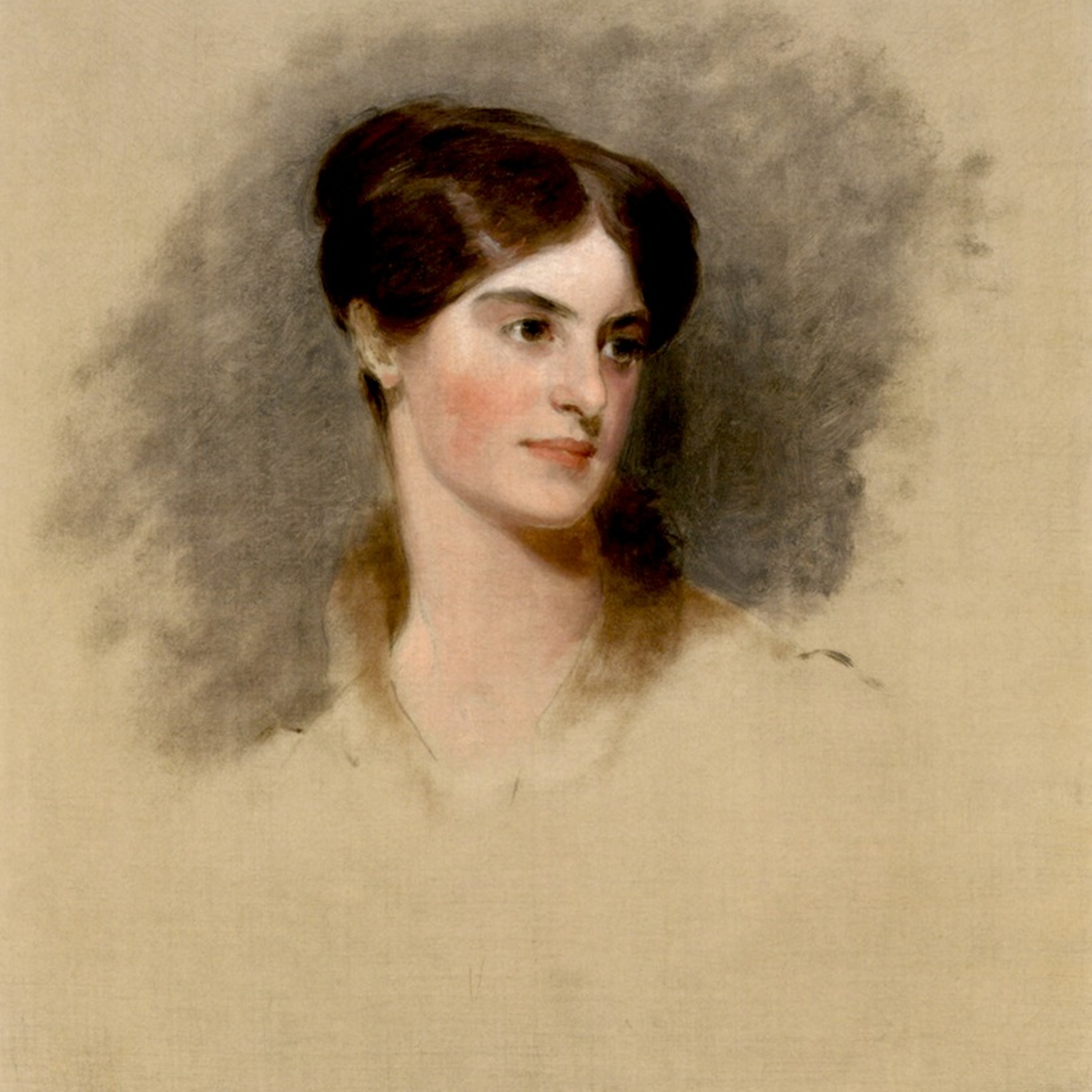
Performing Gold: Fanny Kemble, Modern Banking, and the Evolution of Acting
When actress Fanny Kemble took the stage in 1831 as Bianca, the pure and mistreated wife in Henry Milman's play Fazio, she astounded audiences with he...
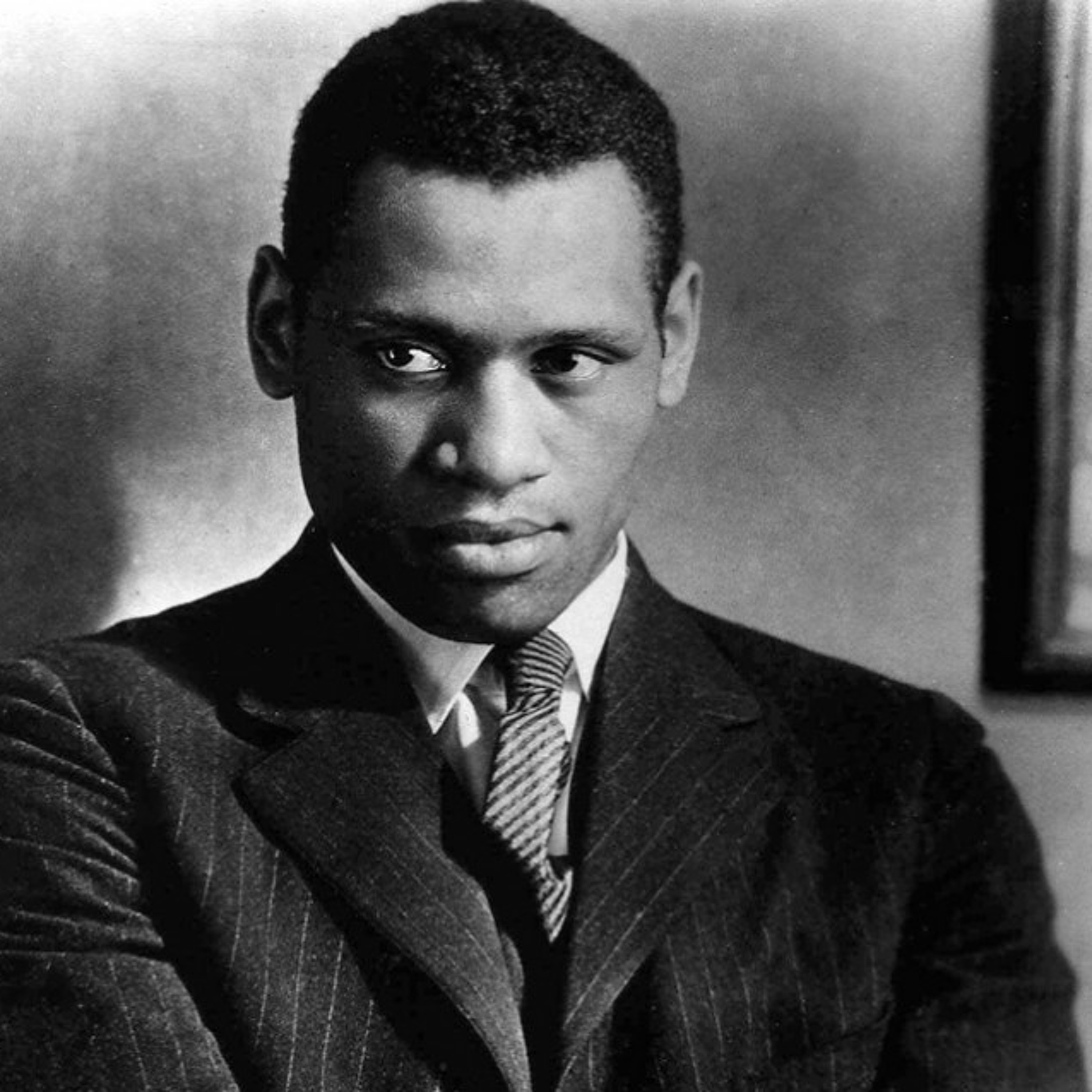
Who Should Sing 'Ol' Man River'?
What can one Broadway tune reveal about the history of American race relations? In his book "Who Should Sing Ol' Man River?: The Lives of an American...
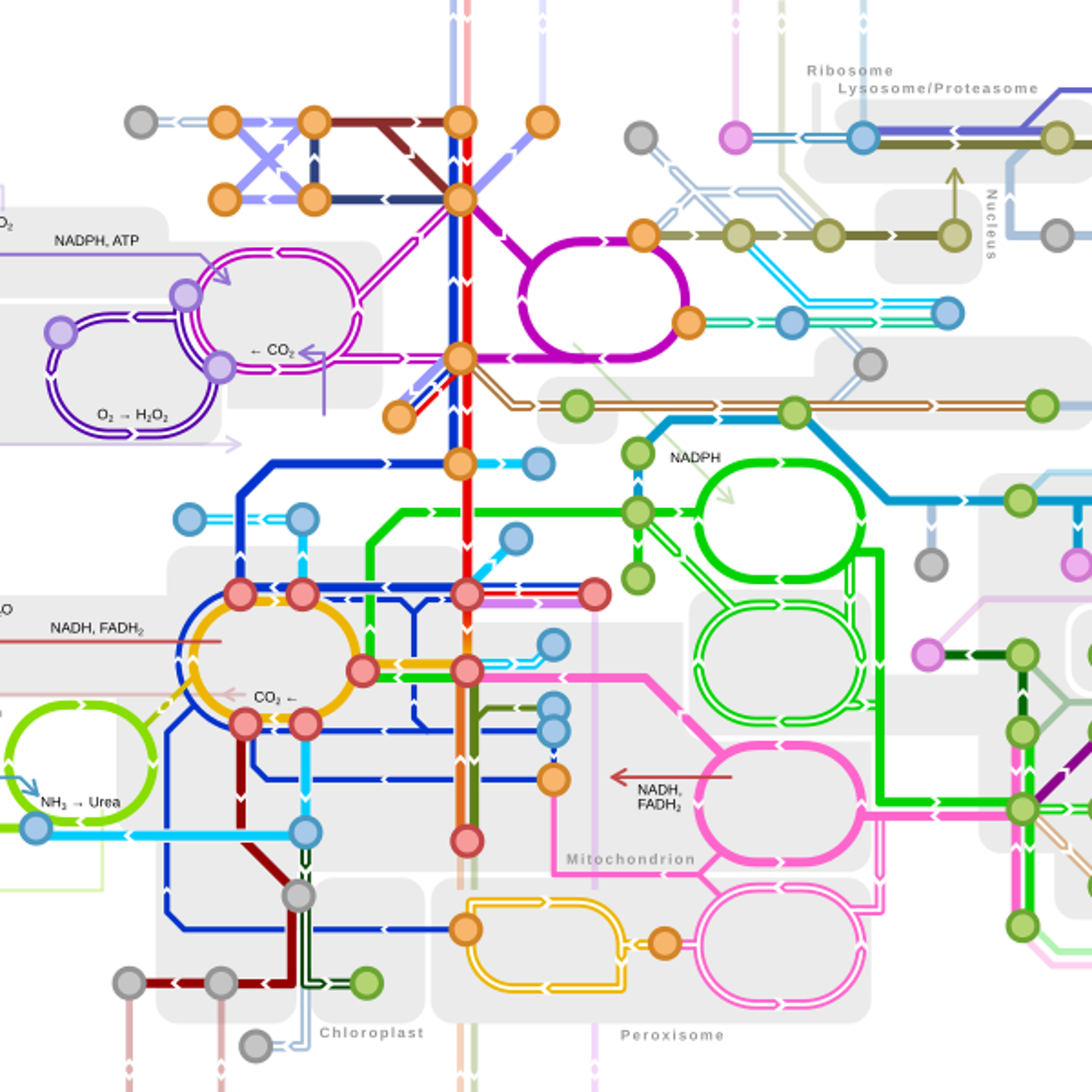
Metabolism: The Google Maps of Cancer Research
When you hear the word "metabolism," what do you think about? Thanks to the groundbreaking work of chemist Gary Patti here at Washington University in...
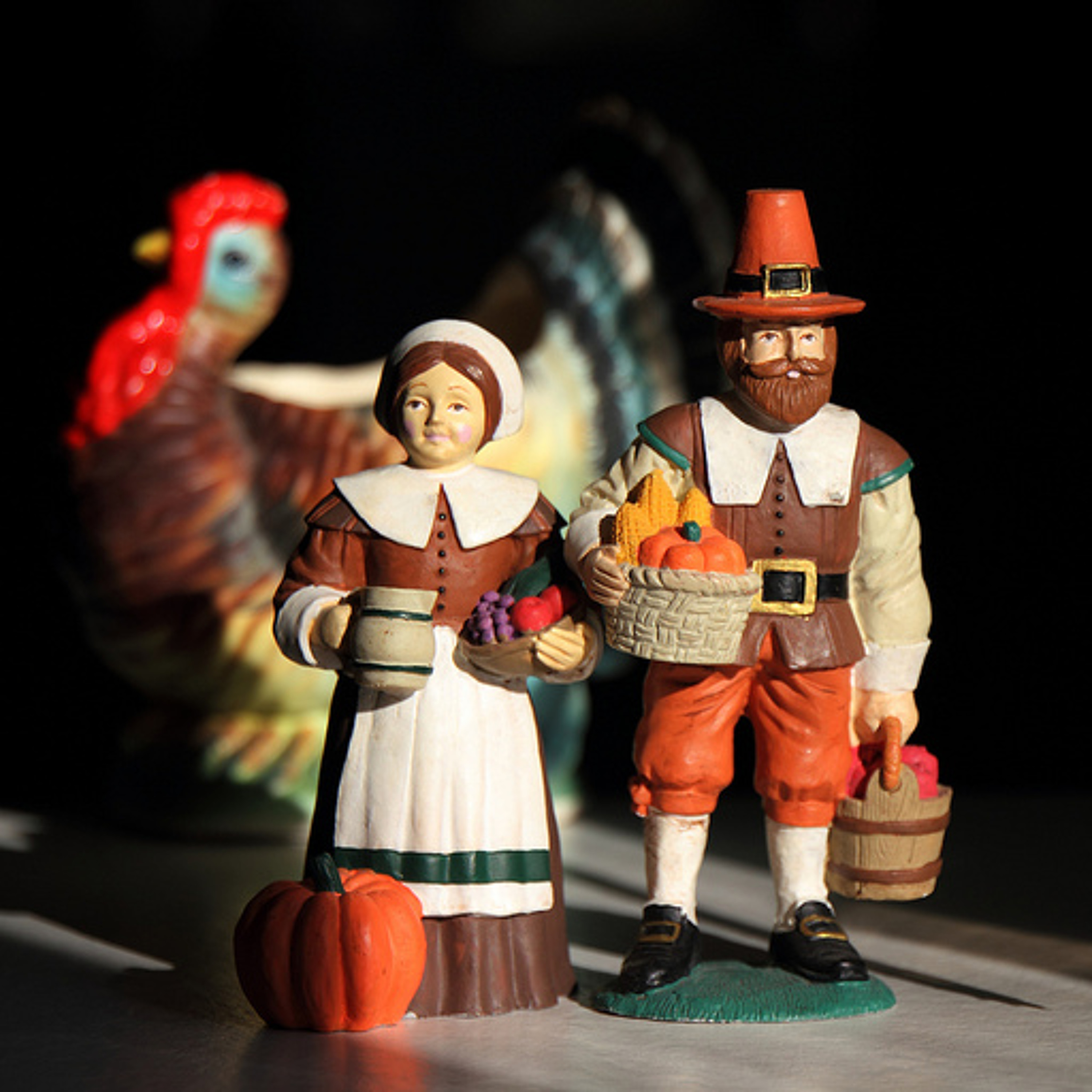
Pilgrim Fathers, How The Thanksgiving We Know And Love Was Manufactured
Thanksgiving is a day most Americans look forward to, a day of watching parades and feasting on delicious food with friends and family. However, the r...
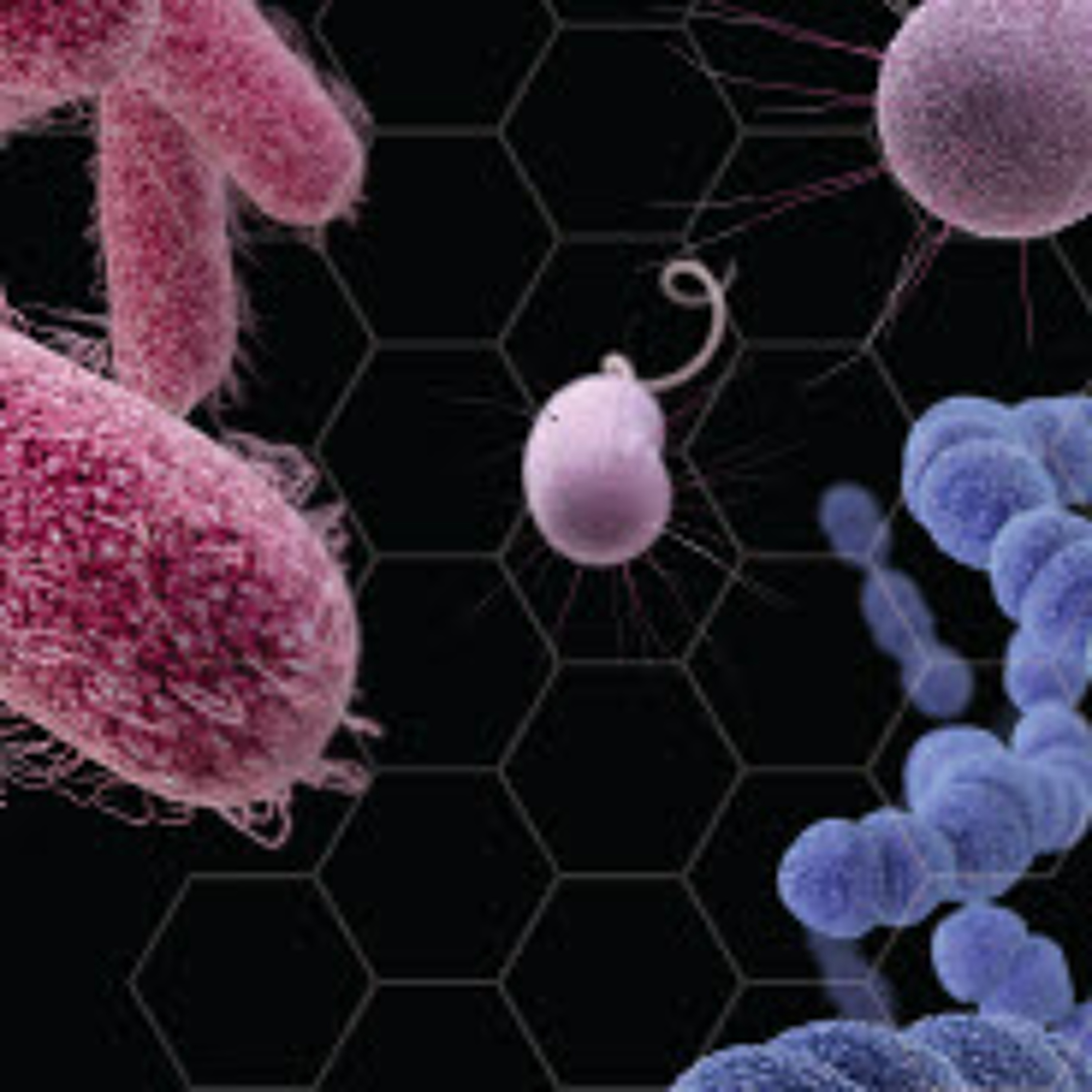
A Chemist's Quest for New Antibiotics
Remember the last time you were sick and your doctor gave you antibiotics? What might have happened if those drugs didn't work? As antibiotic-resistan...

Social Citizens: How Peer Networks Influence Elections
When you walk into a voting booth in less than a week to vote for the future president of the United States, you'll be all by yourself making a very p...

"Do You Like Scary Movies?" Horror Films & Things That Make Us Scream
Horror movies have been drawing audiences since the earliest days of film. But why are we drawn to fictional portrayals of events that we'd do anythin...
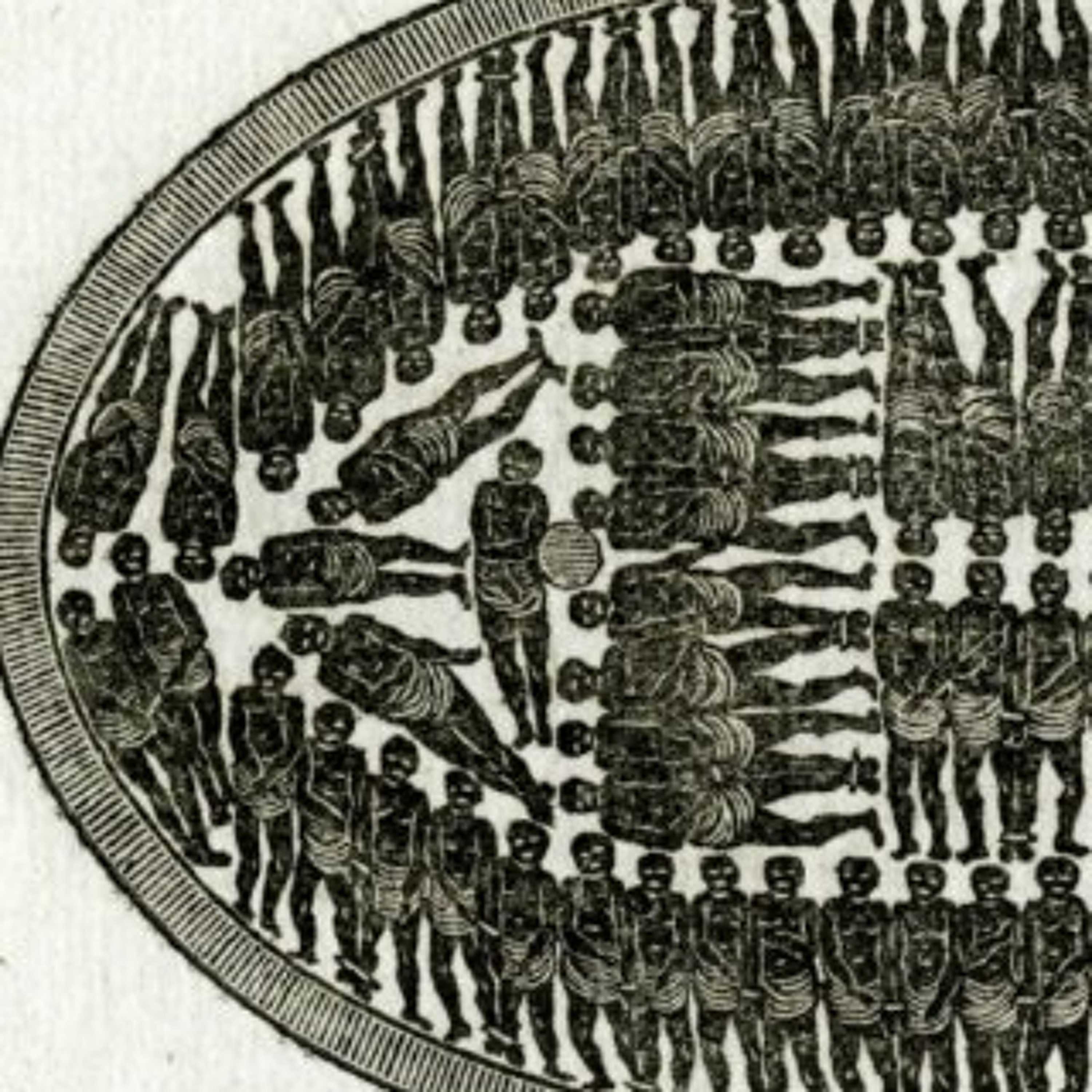
Slavery at Sea
In her new book Slavery at Sea: Terror, Sex, and Sickness in the Middle Passage, historian Sowande' Mustakeem reveals the forgotten world of 18th cent...
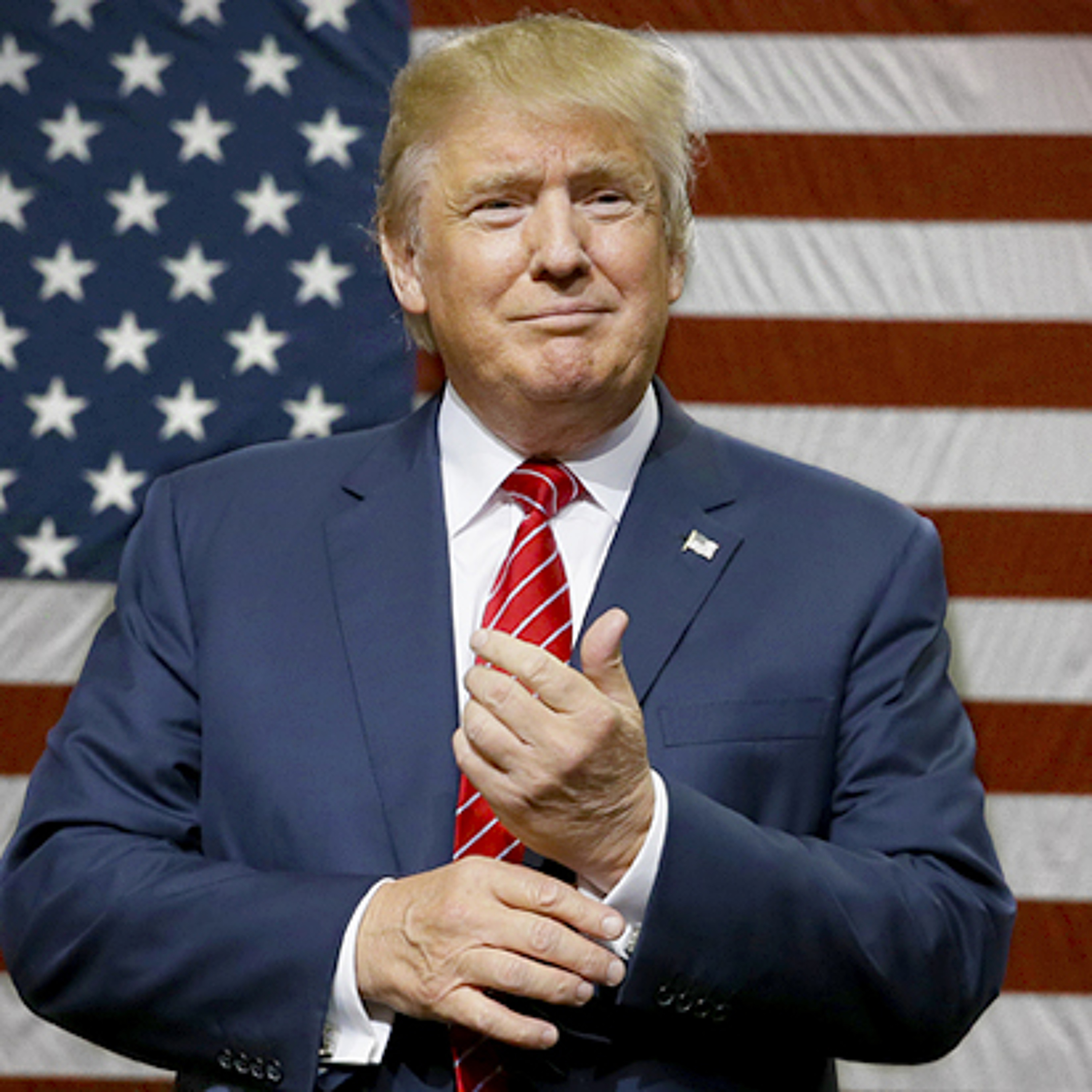
The Hidden History of Trumpism
In a recent article in the Guardian, postdoctoral fellow Tim Shenk argues that Donald Trump's rise within the Republican Party has historical - and of...

A Laboratory for the Social Sciences: The American Panel Survey
What does the average American voter really think about the 2016 presidential candidates? How much do those beliefs depend on things like income, educ...
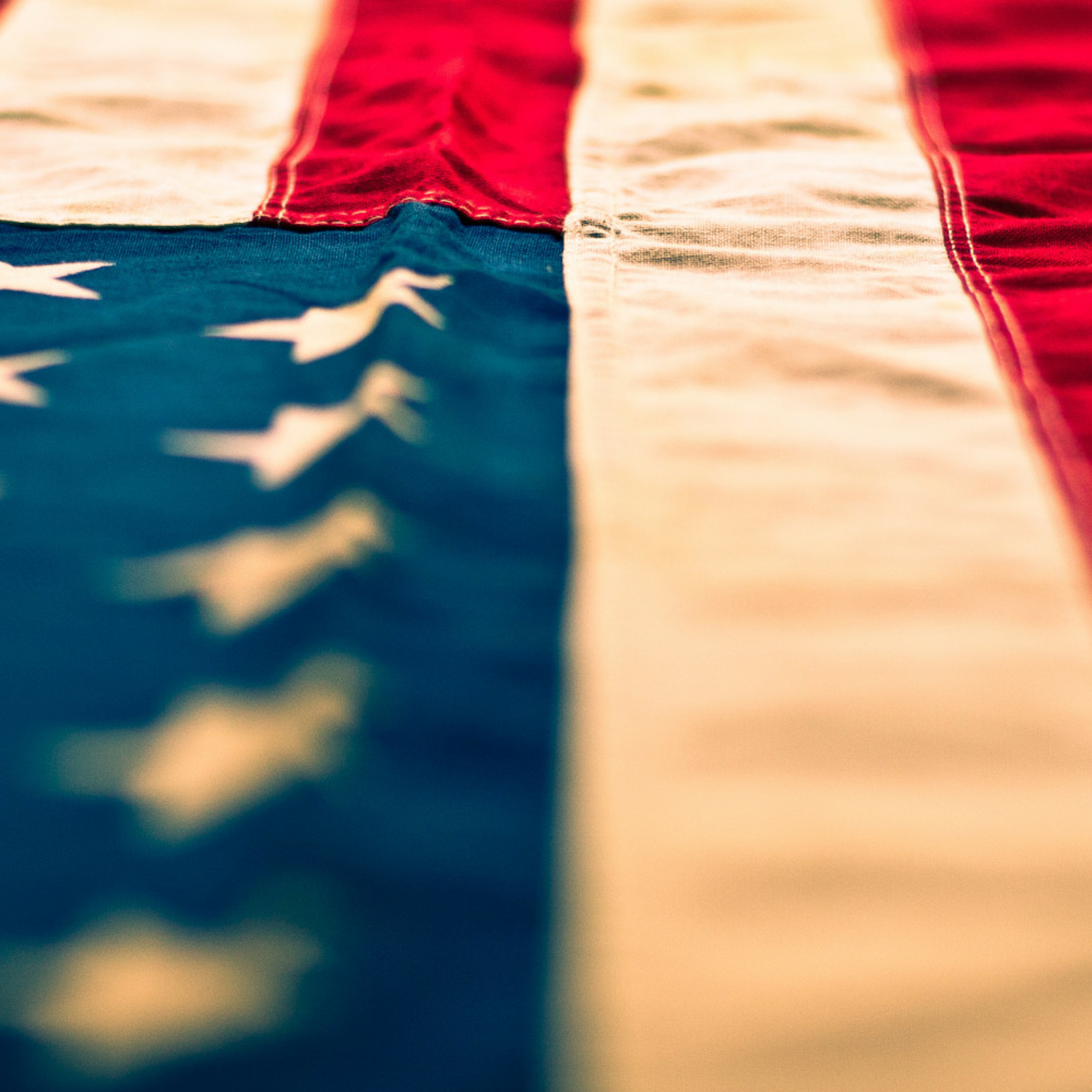
How to Forecast an Election
It's about six weeks until the 2016 US presidential election, and everyone wants to know: Who will win? Hillary Clinton? Or Donald Trump? To attempt t...
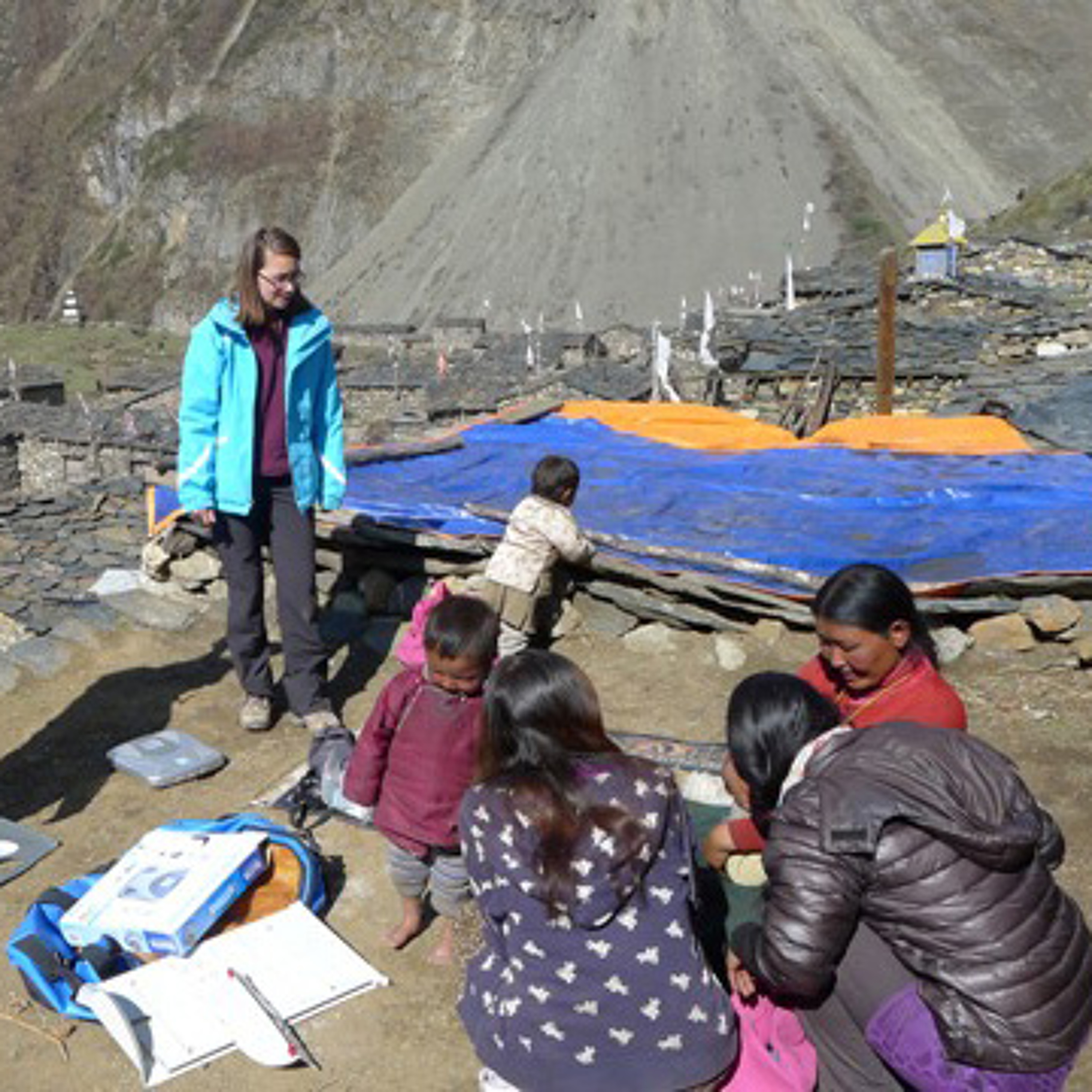
Milk at Altitude: Exploring Health in the Himalayas
Scientists agree that breast milk is good for babies, but E.A. Quinn believes there's a lot more to learn. Join Quinn on a recent research trip to a r...